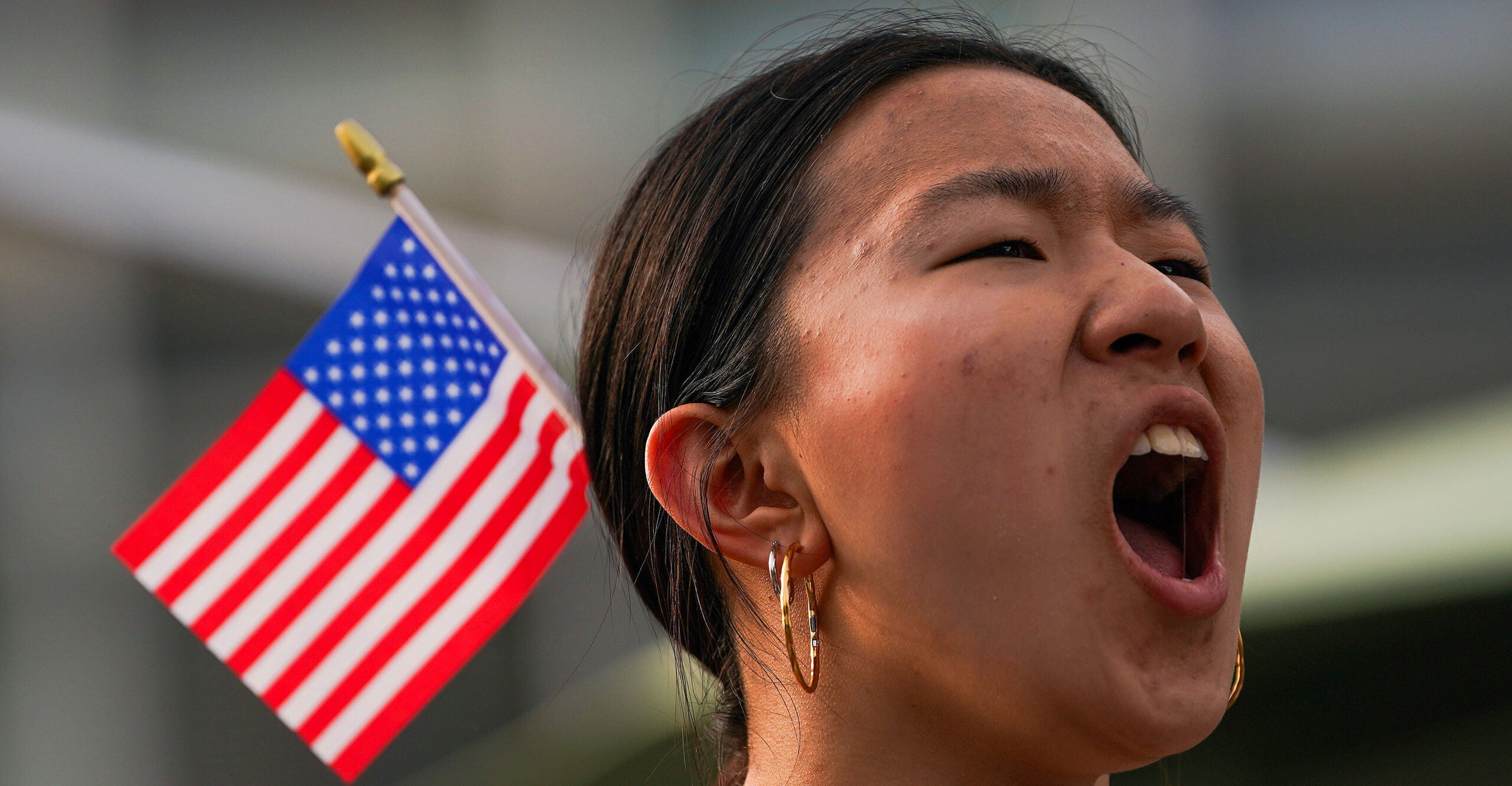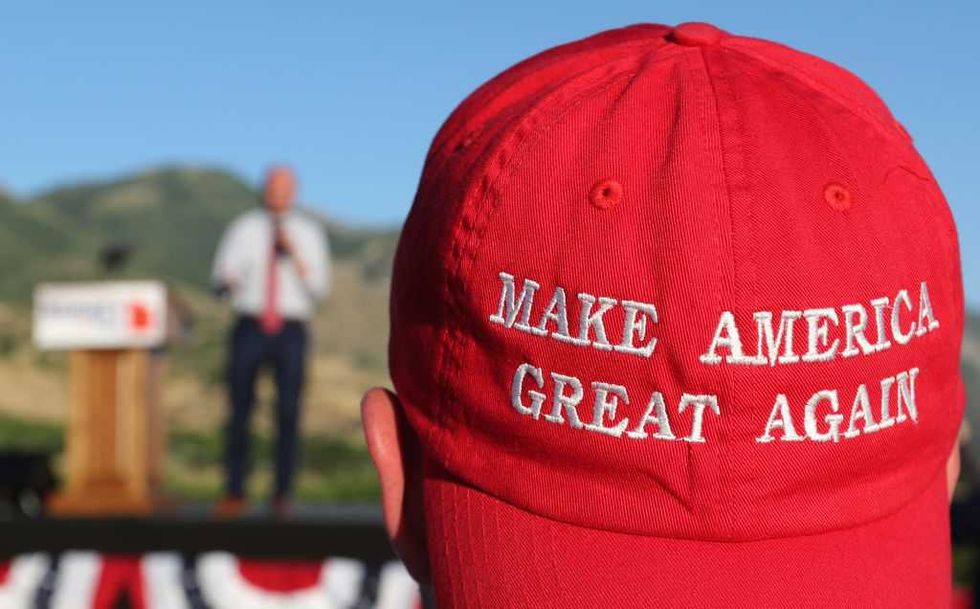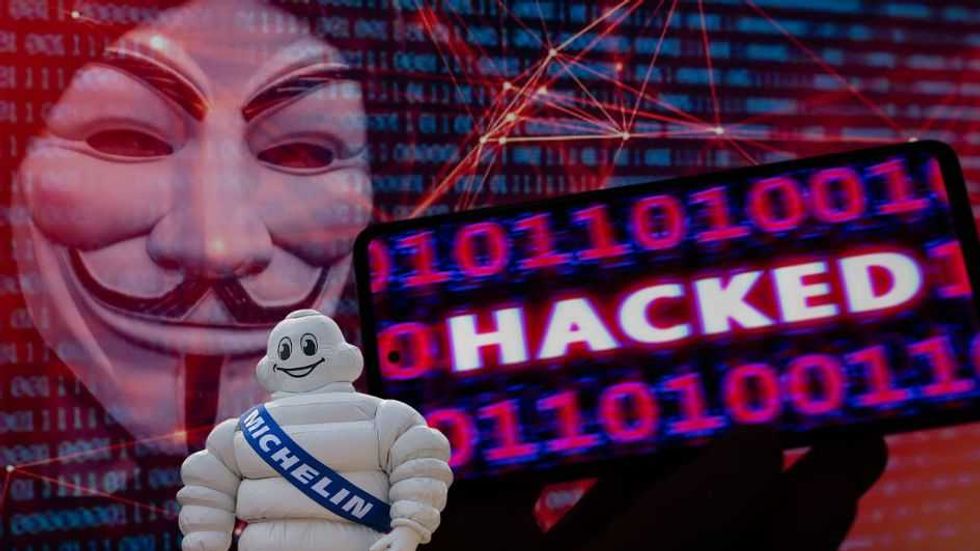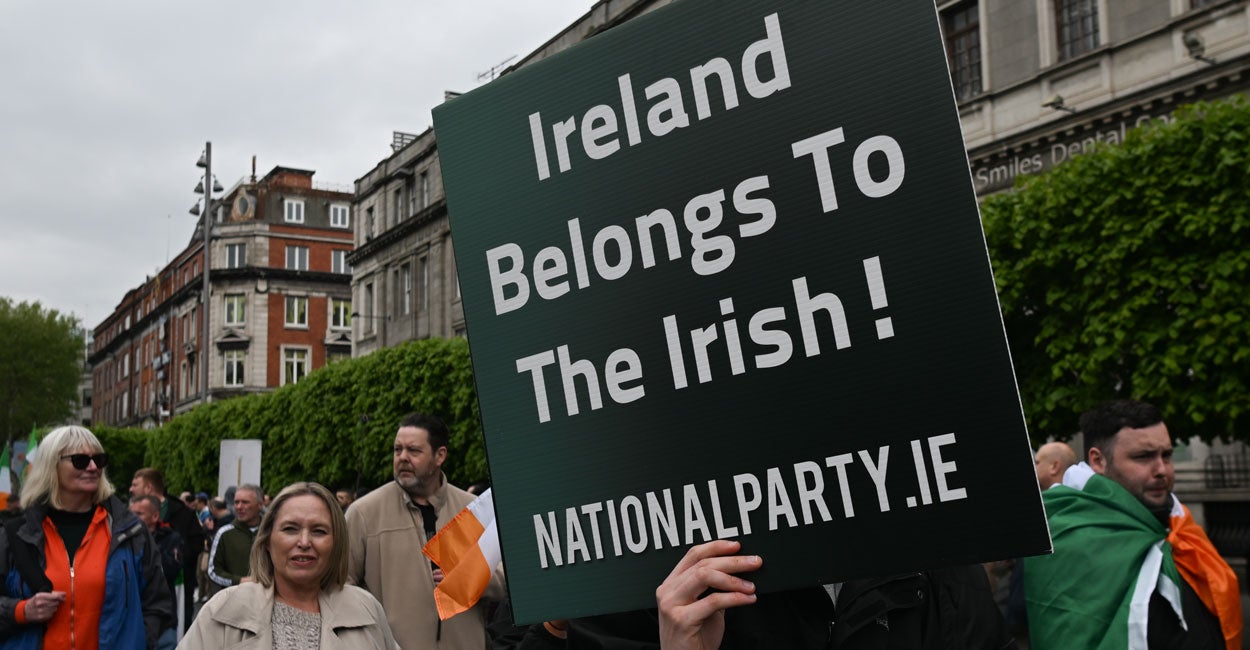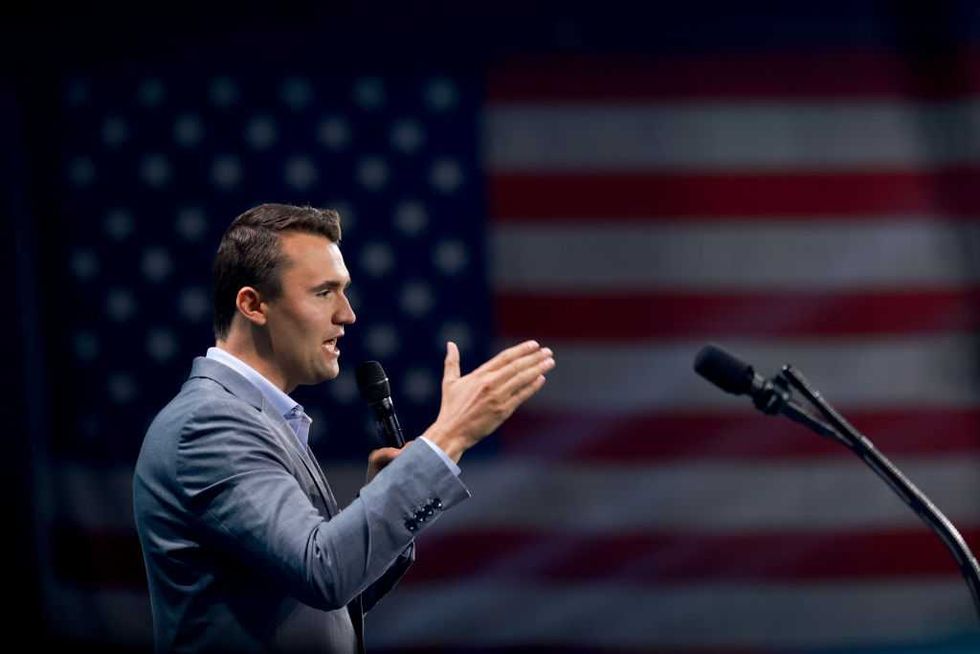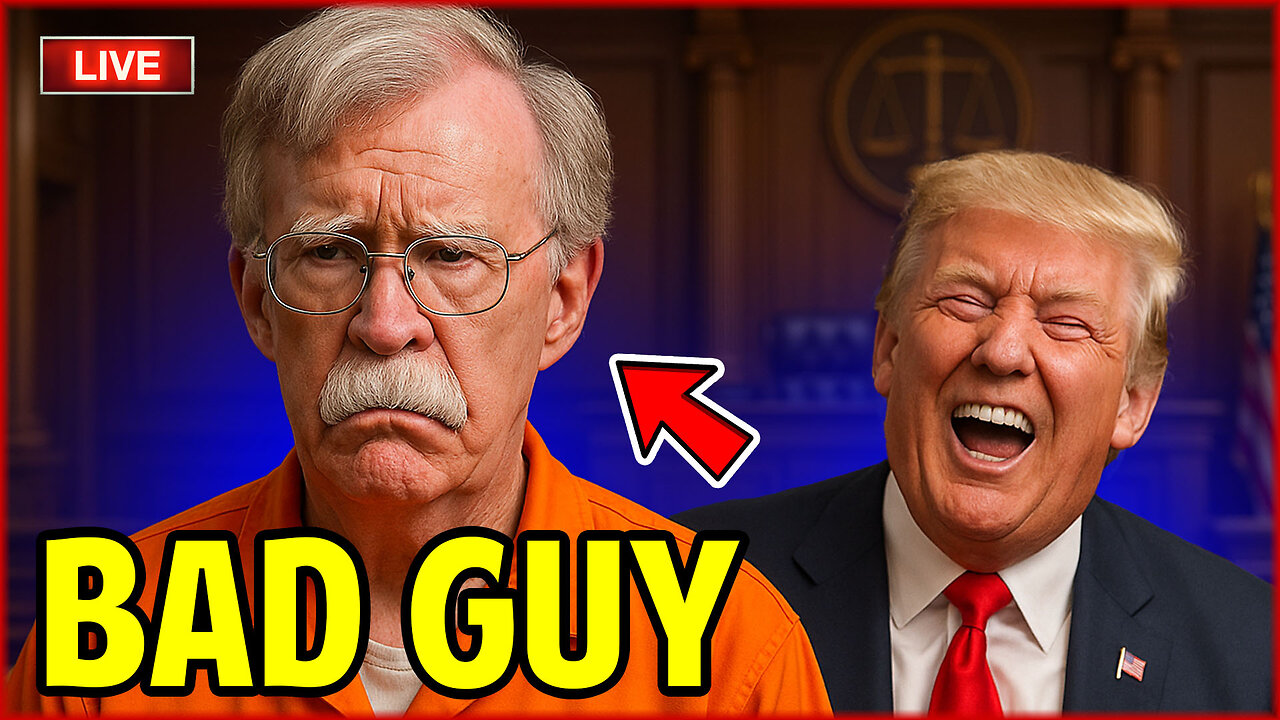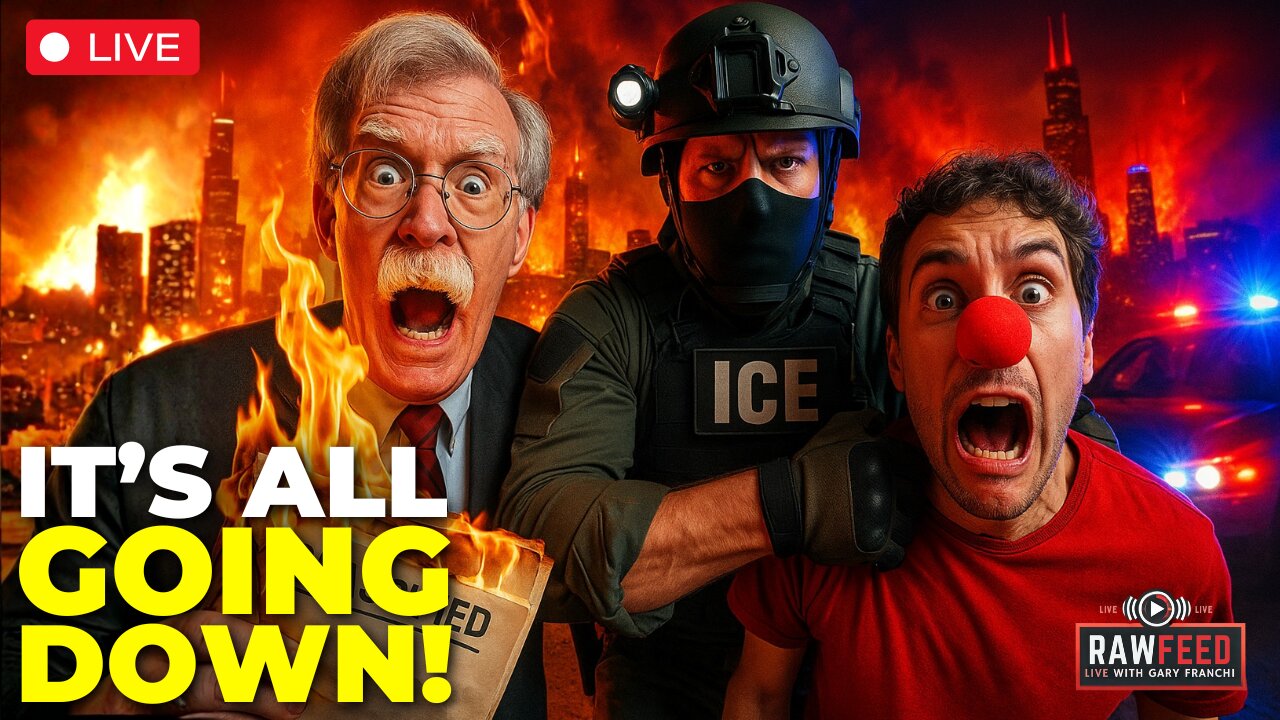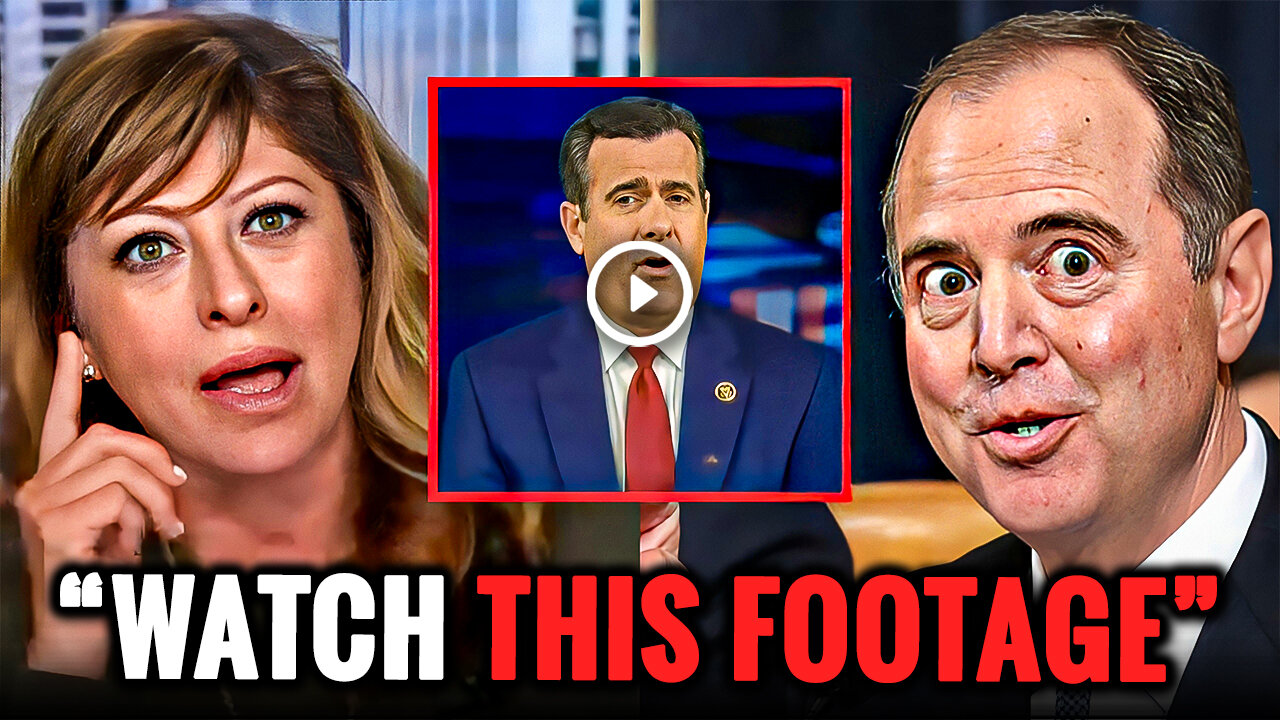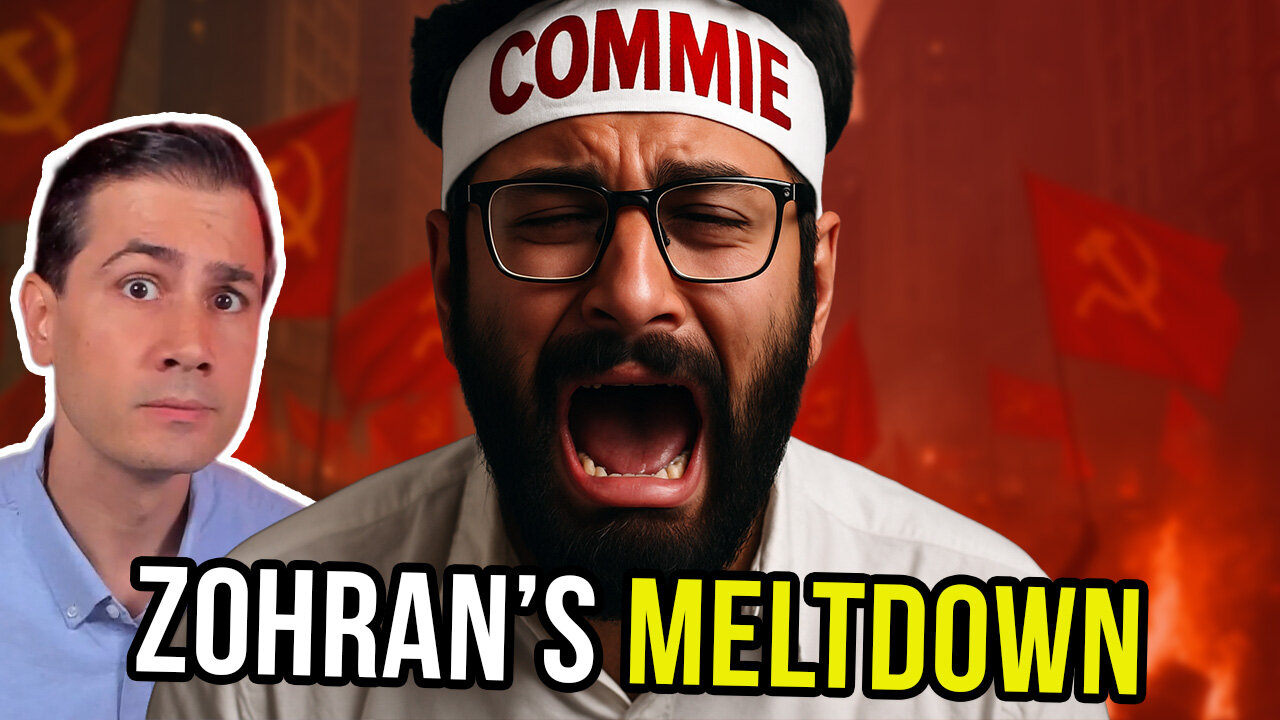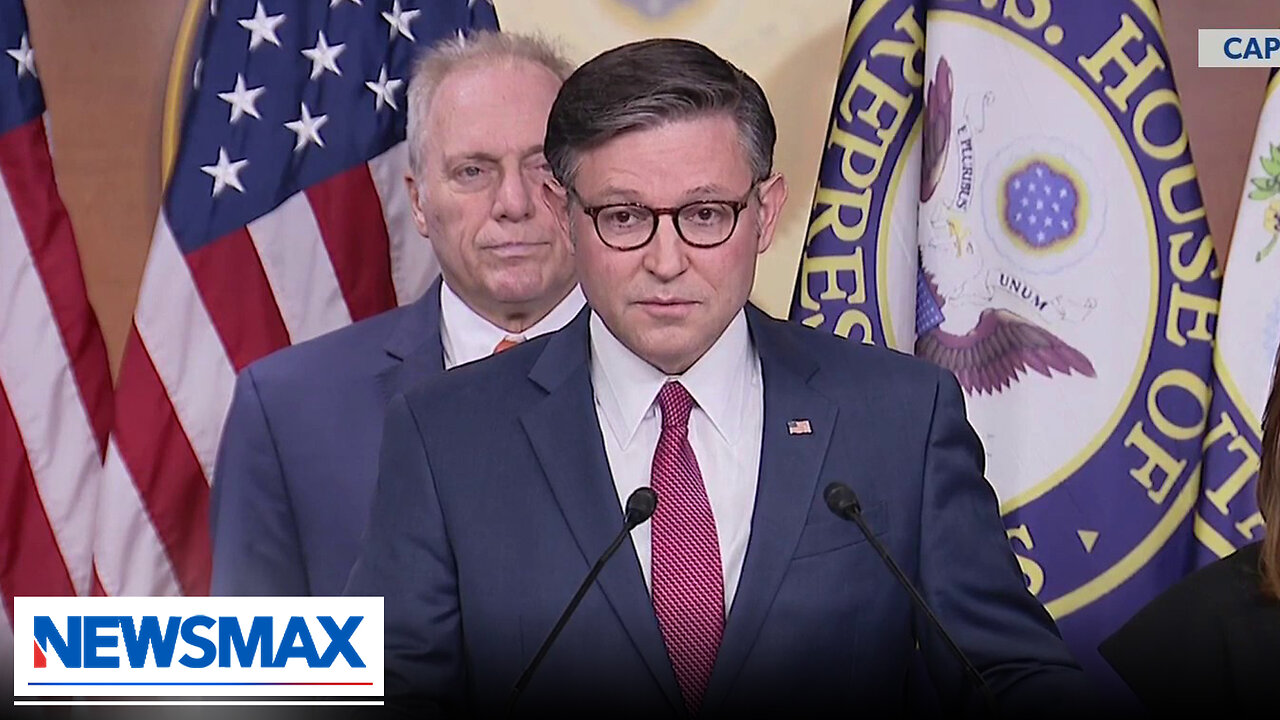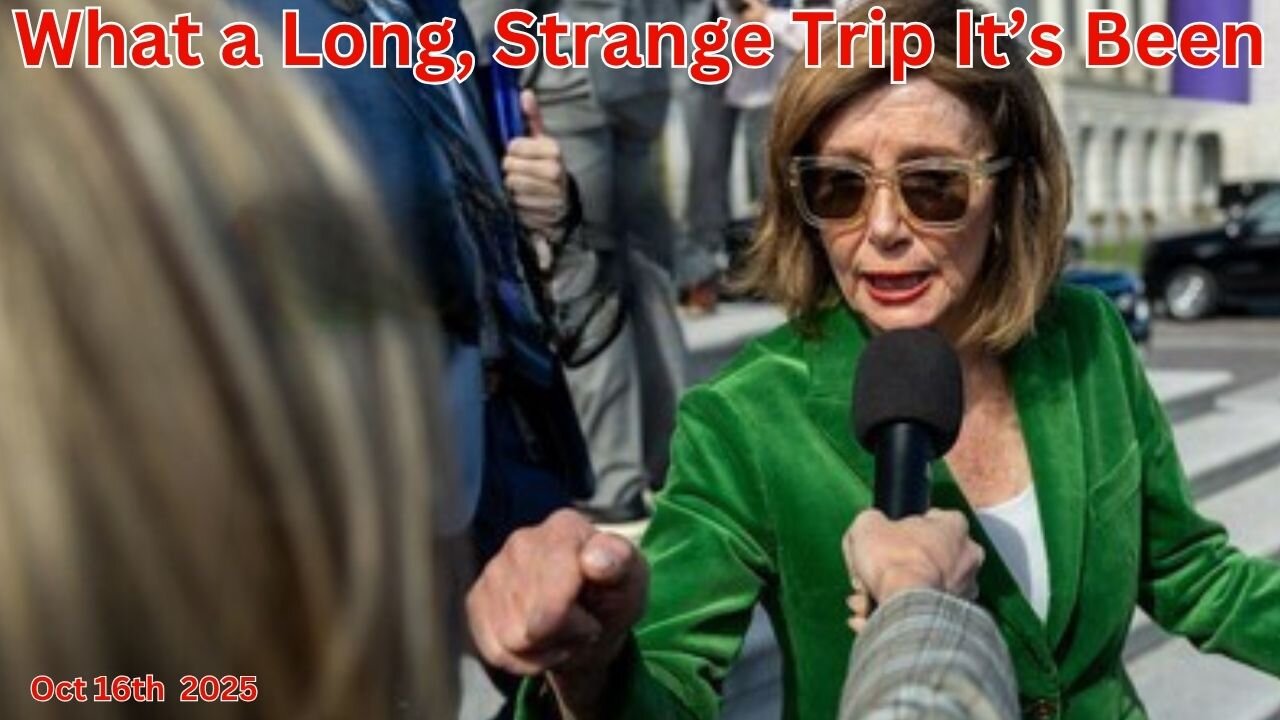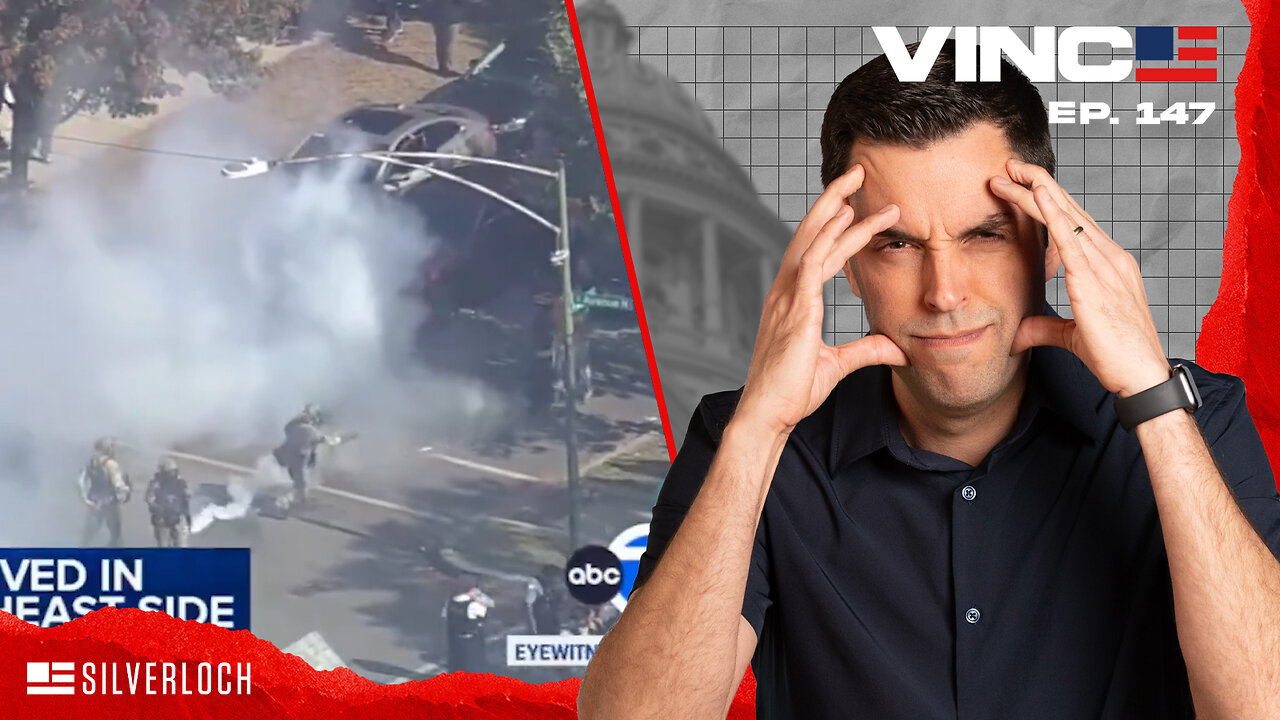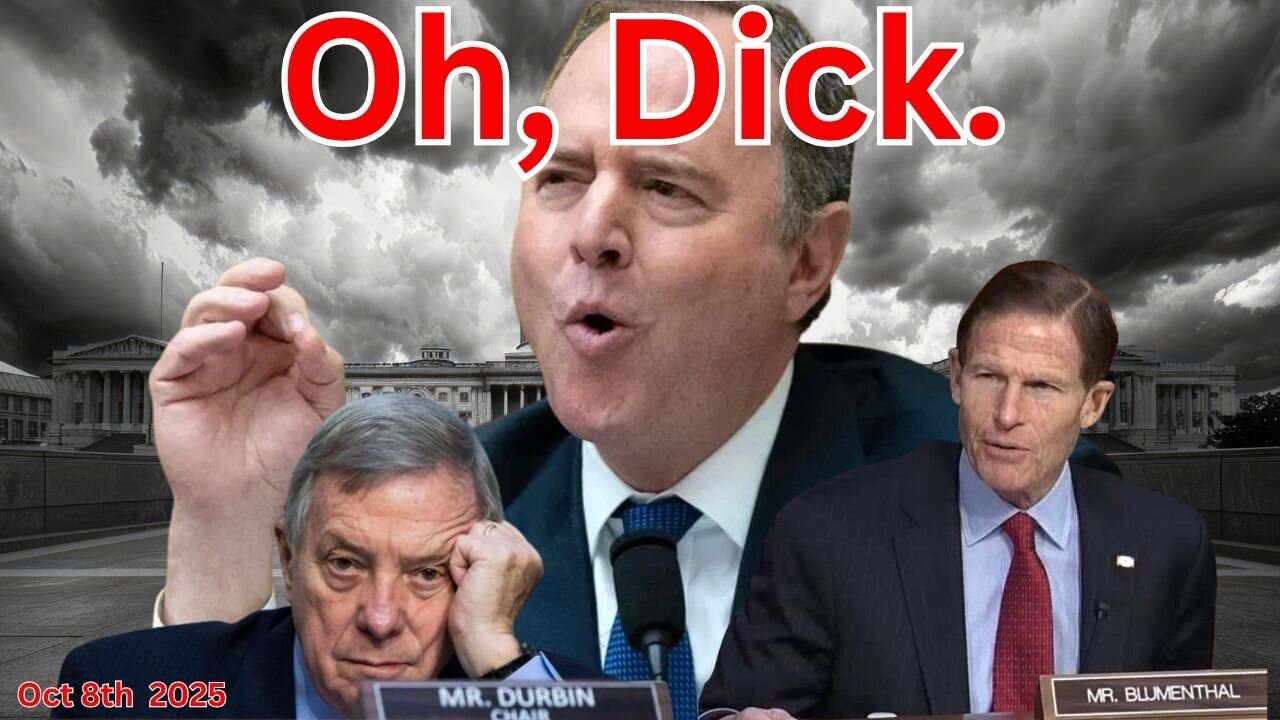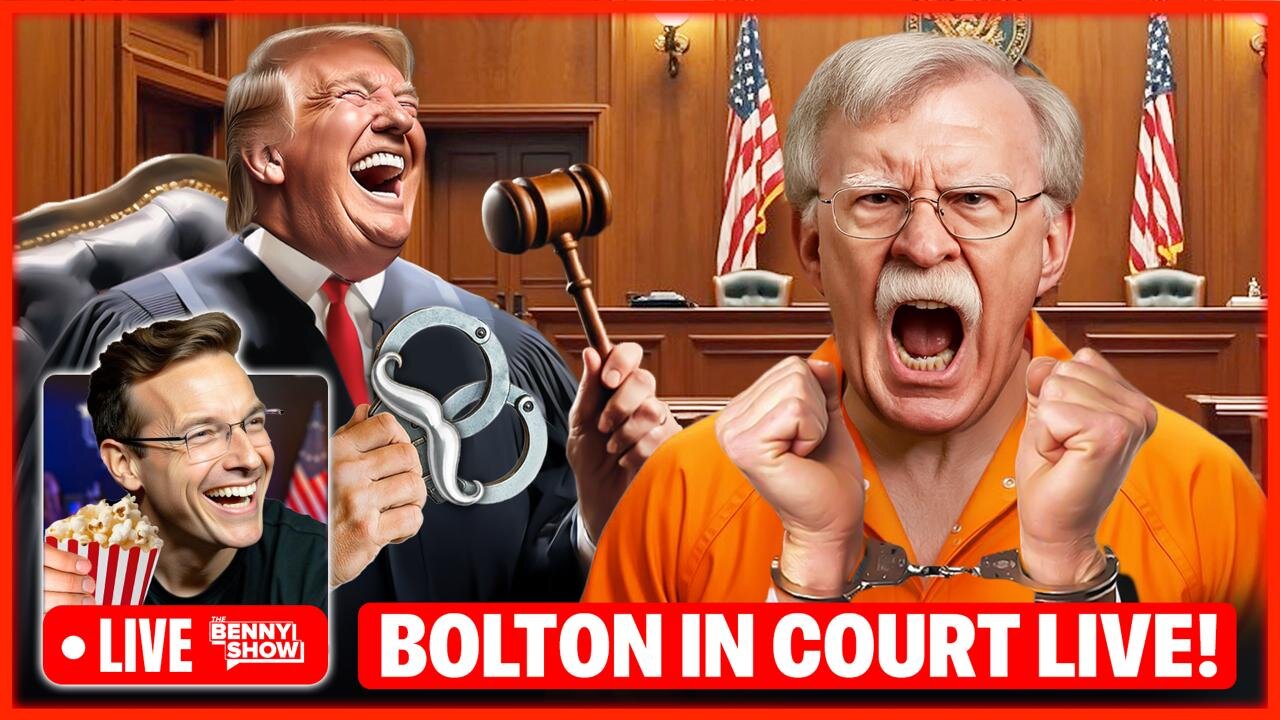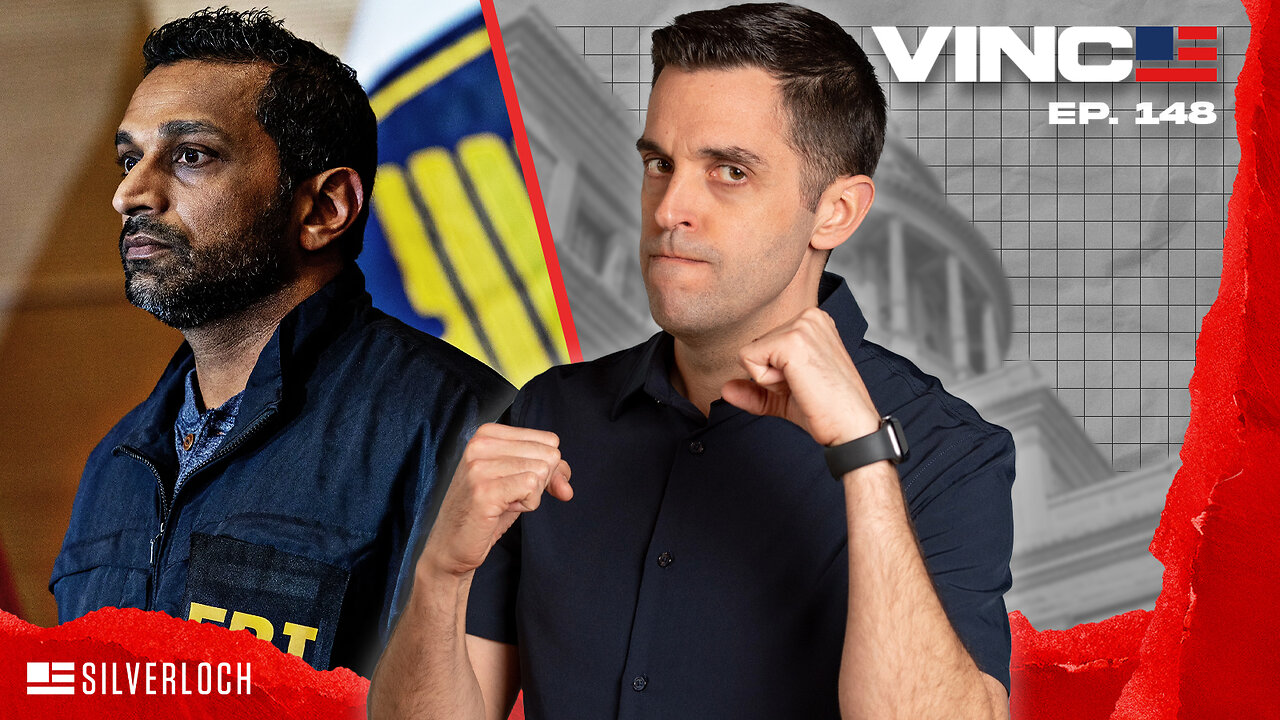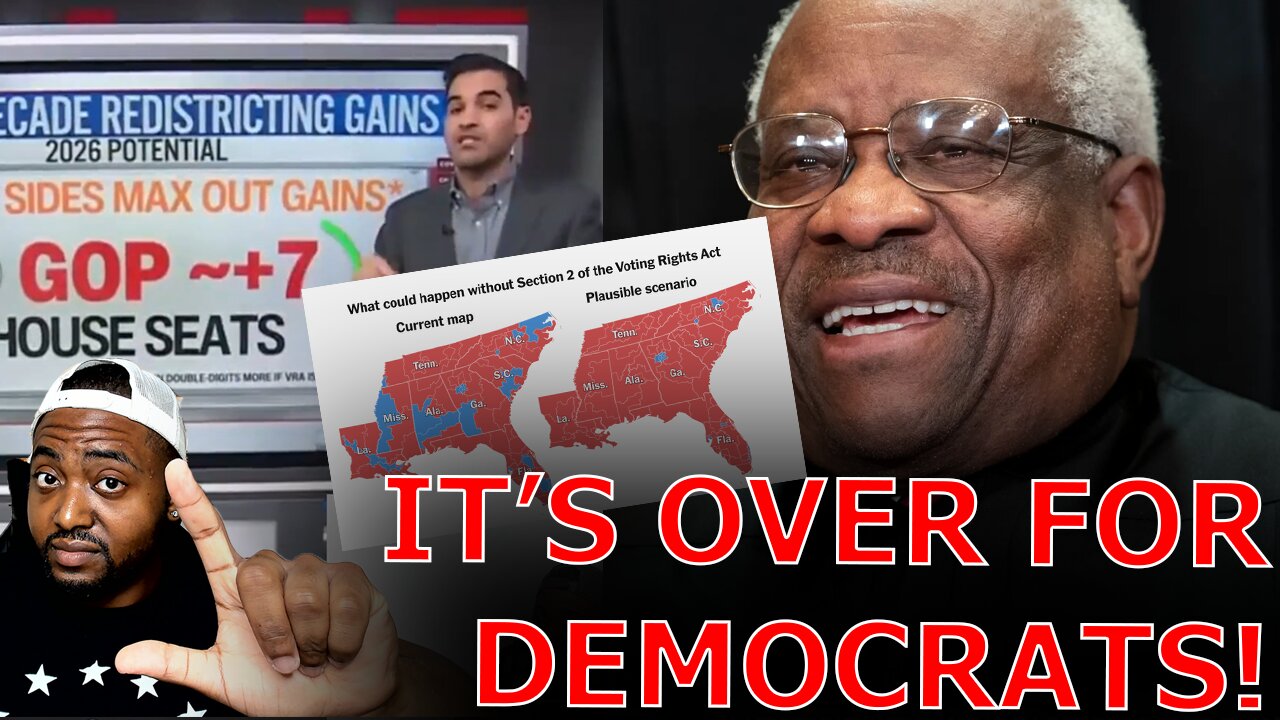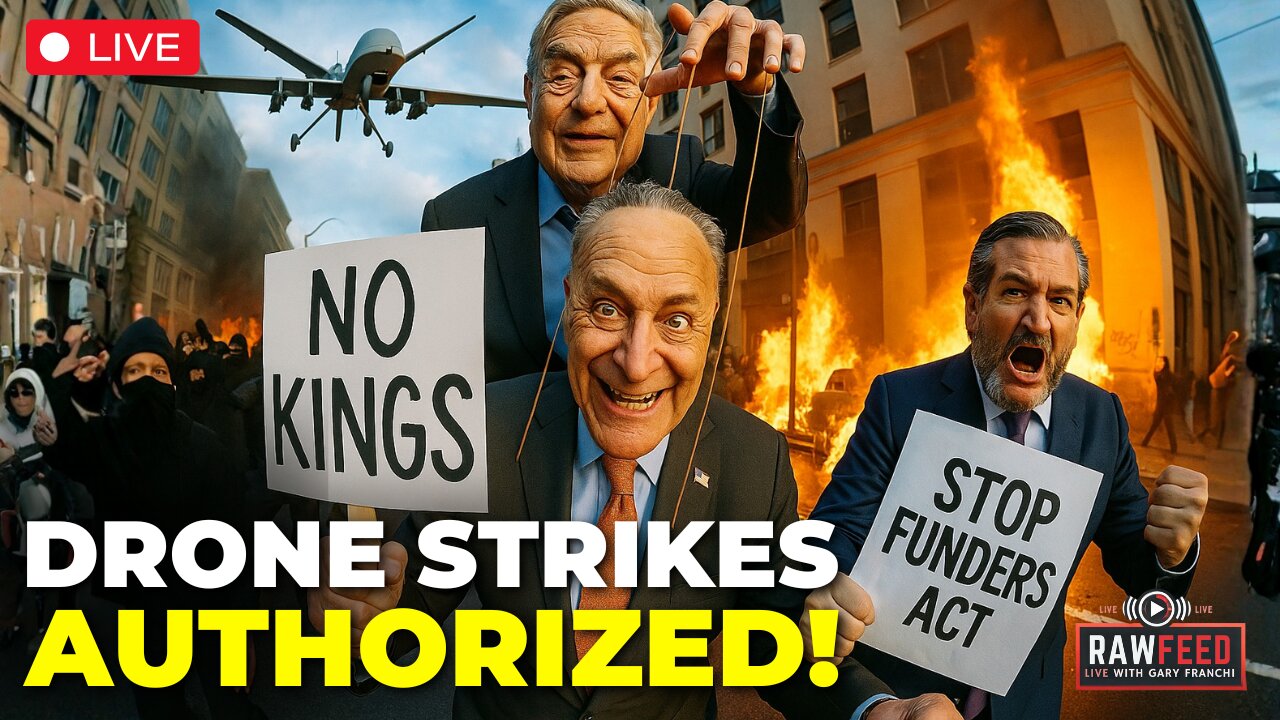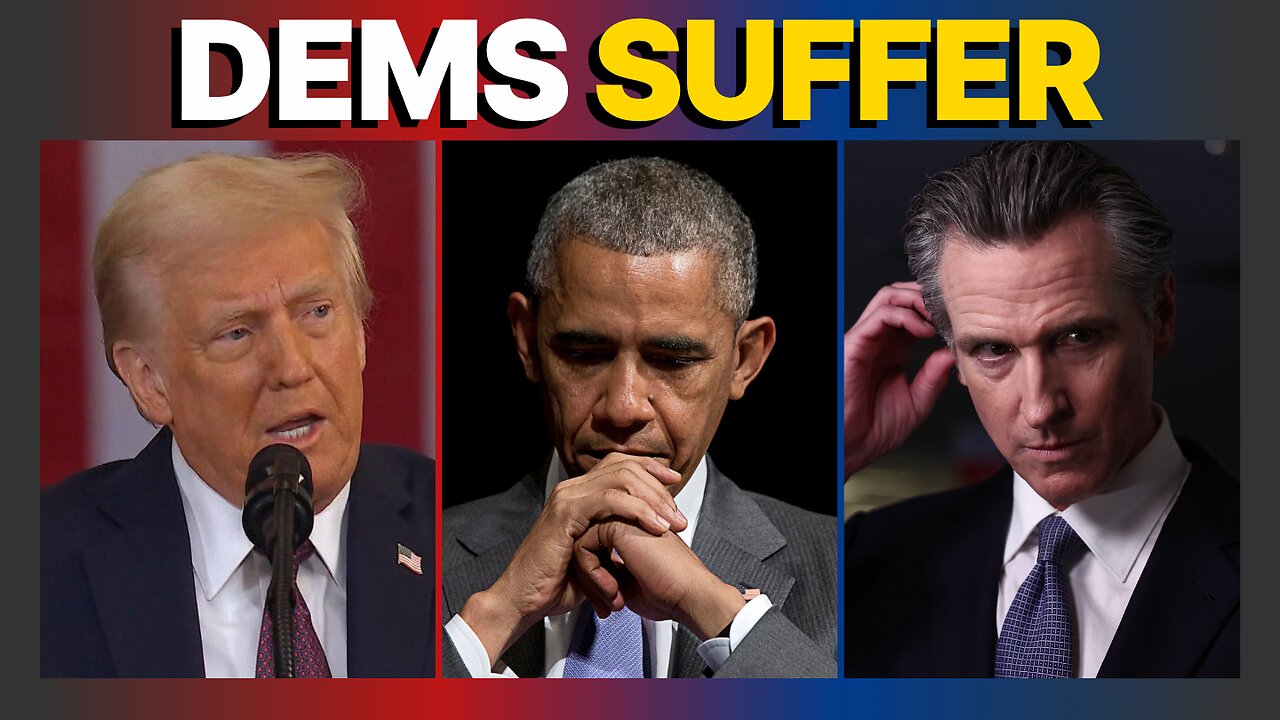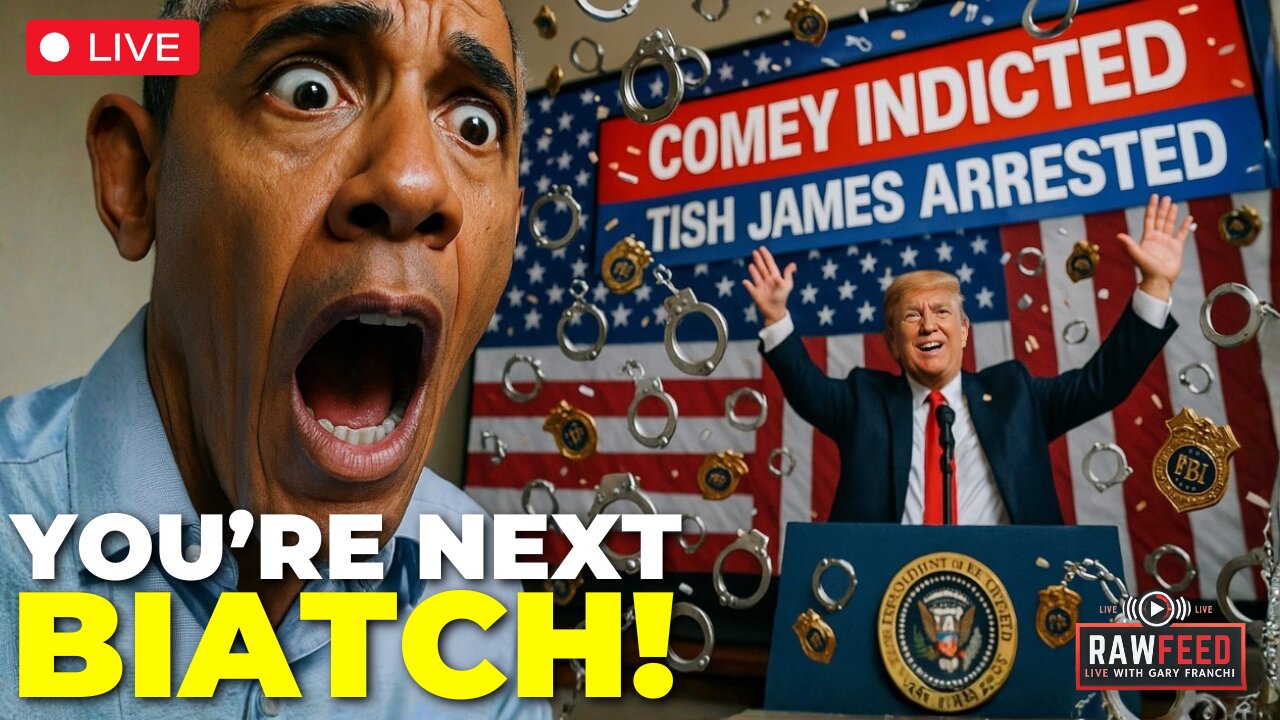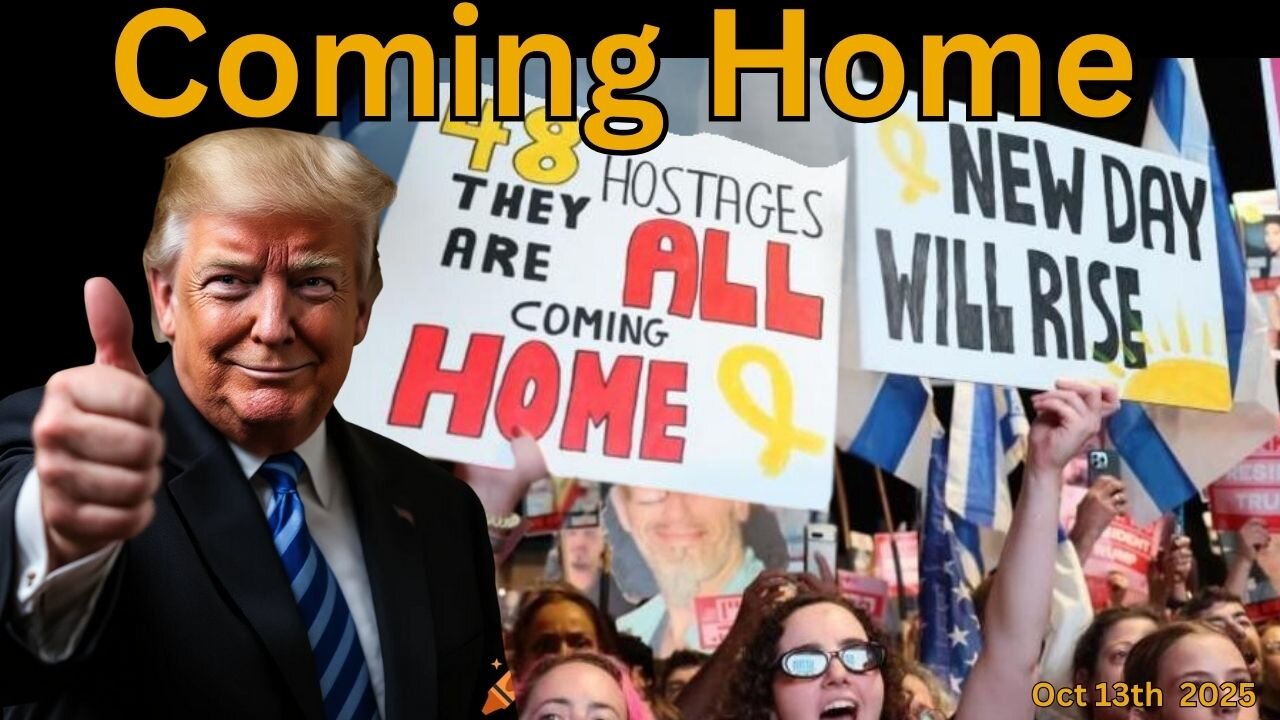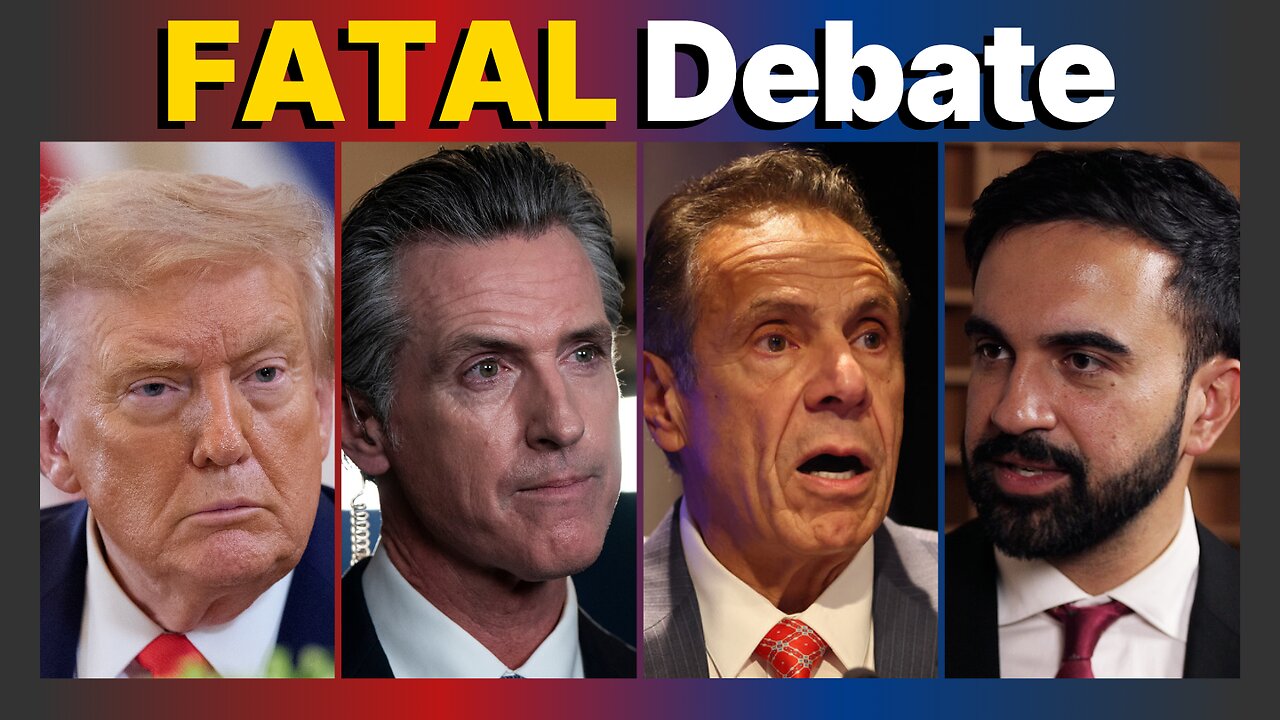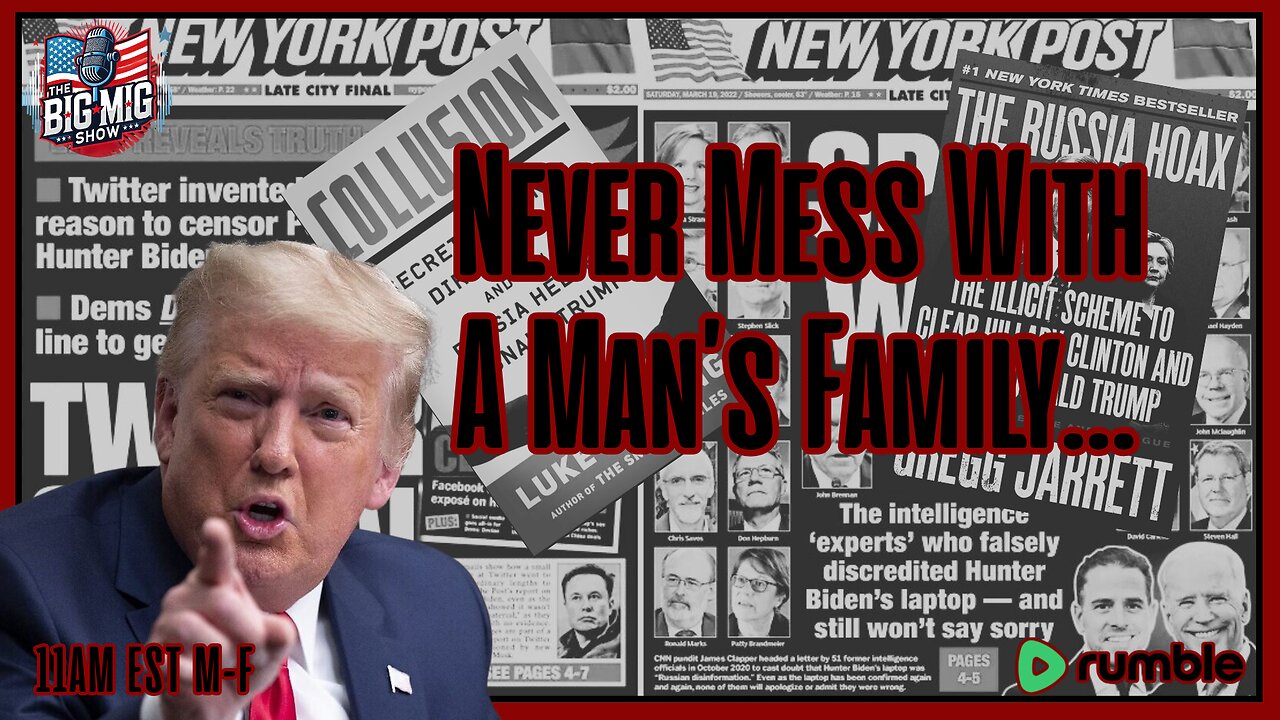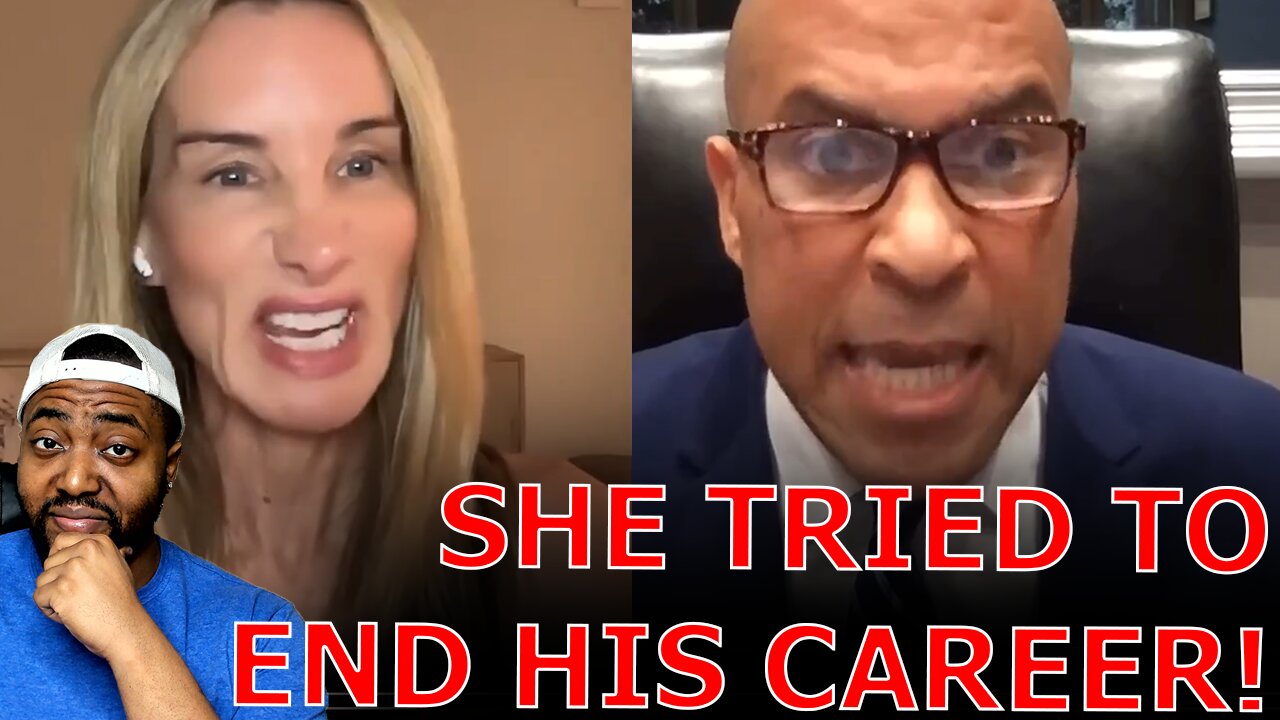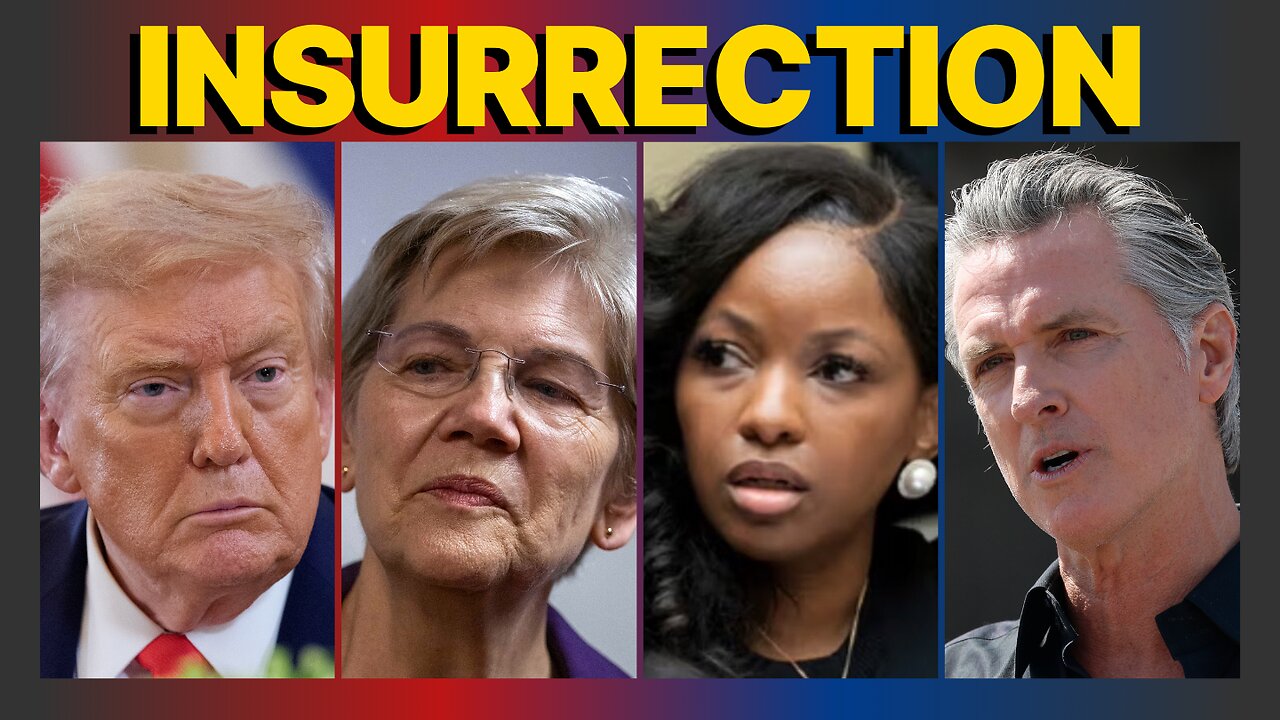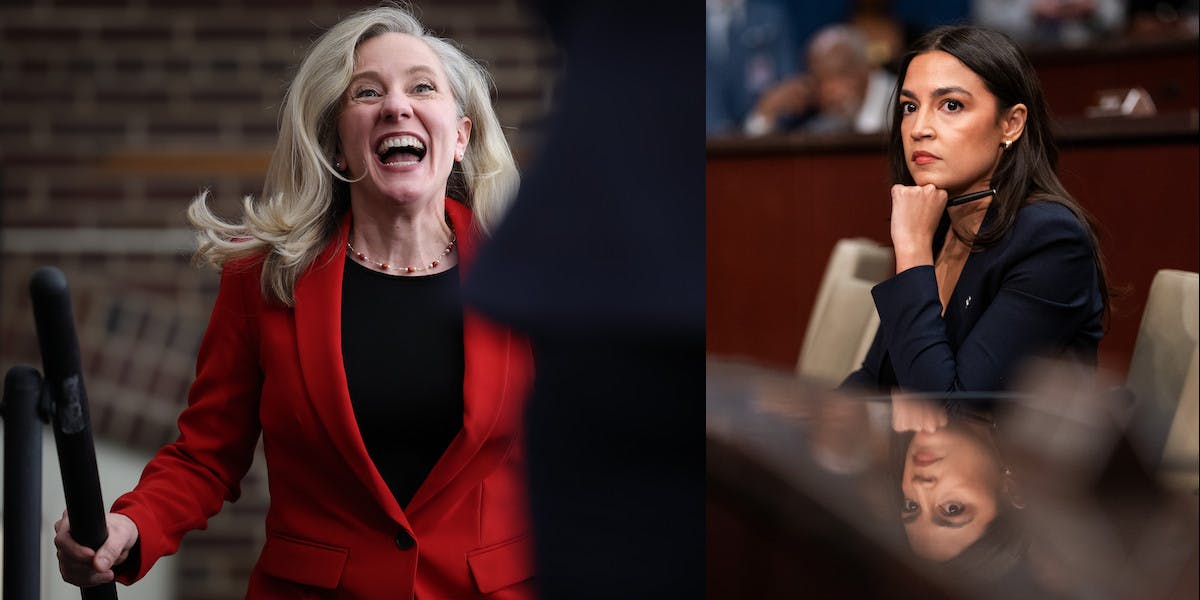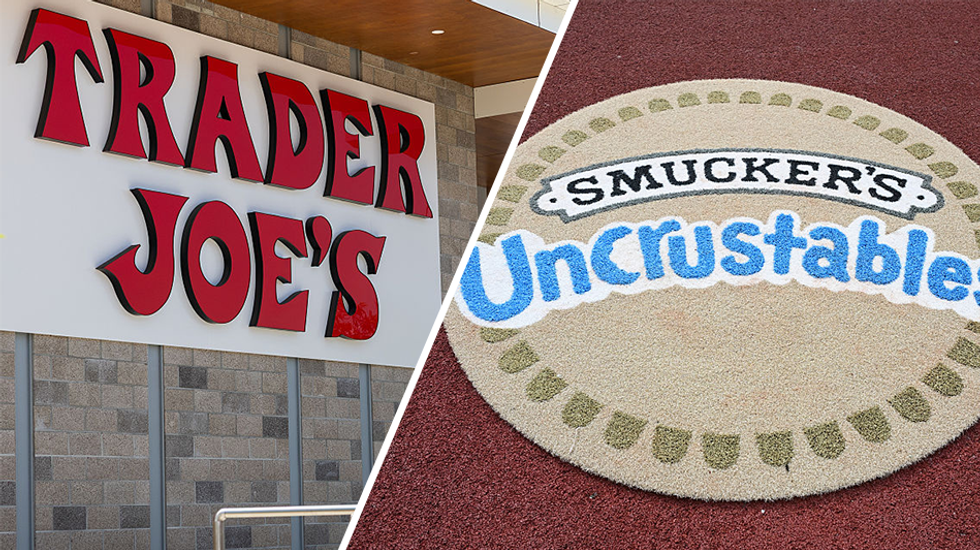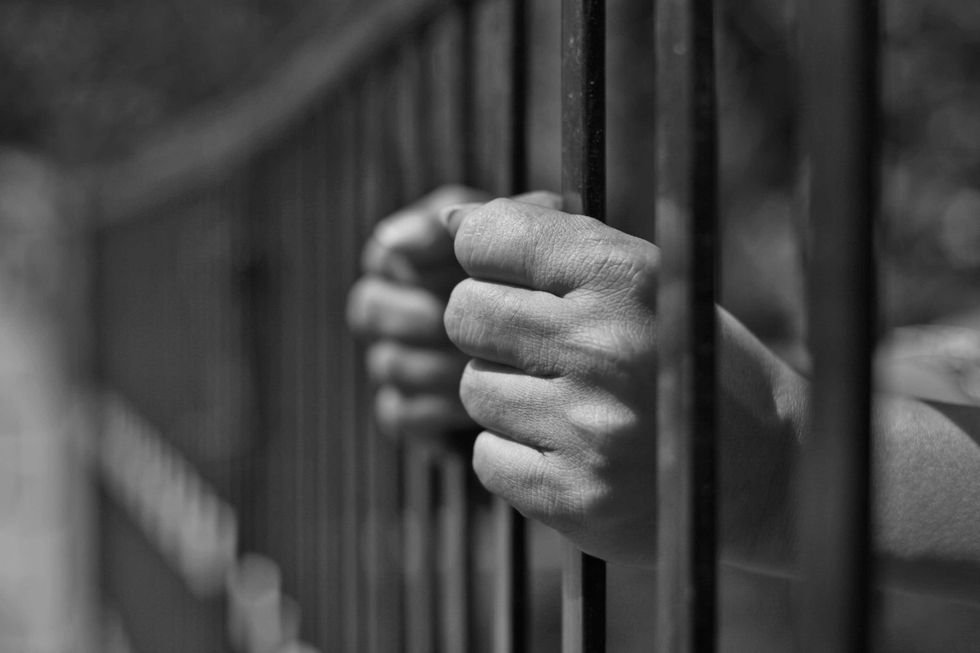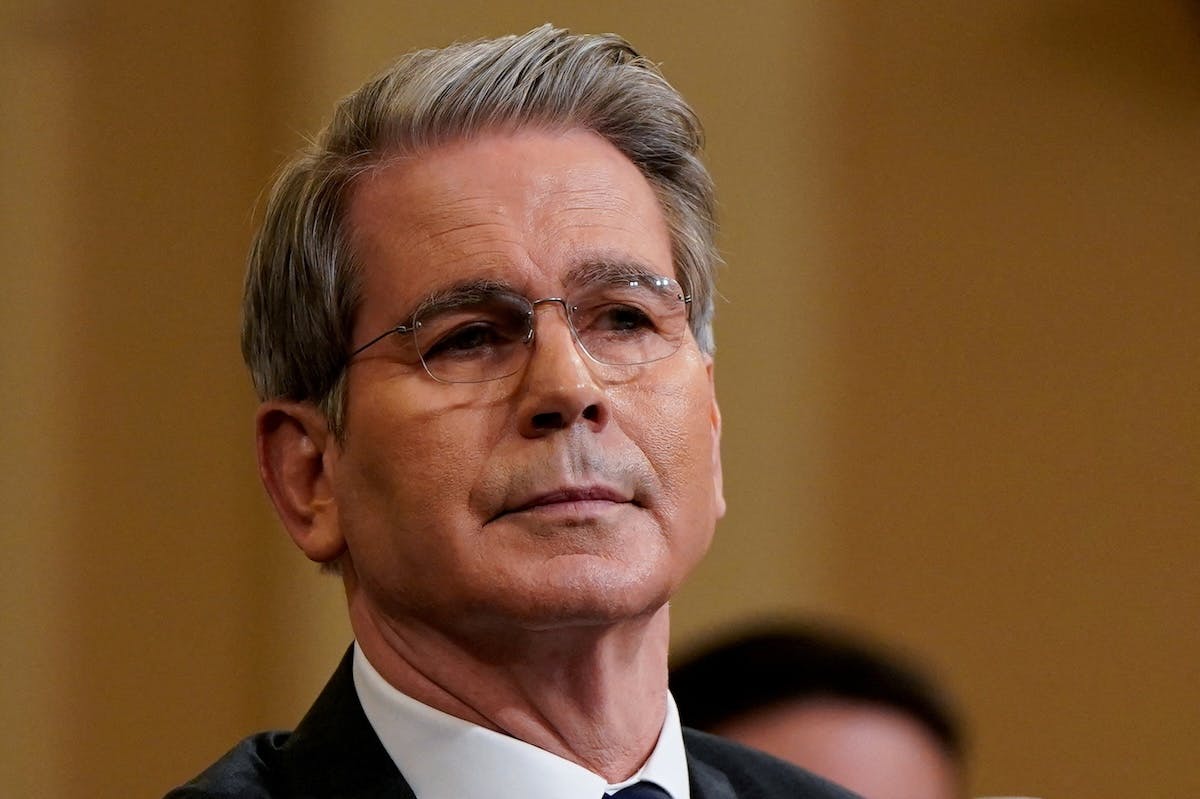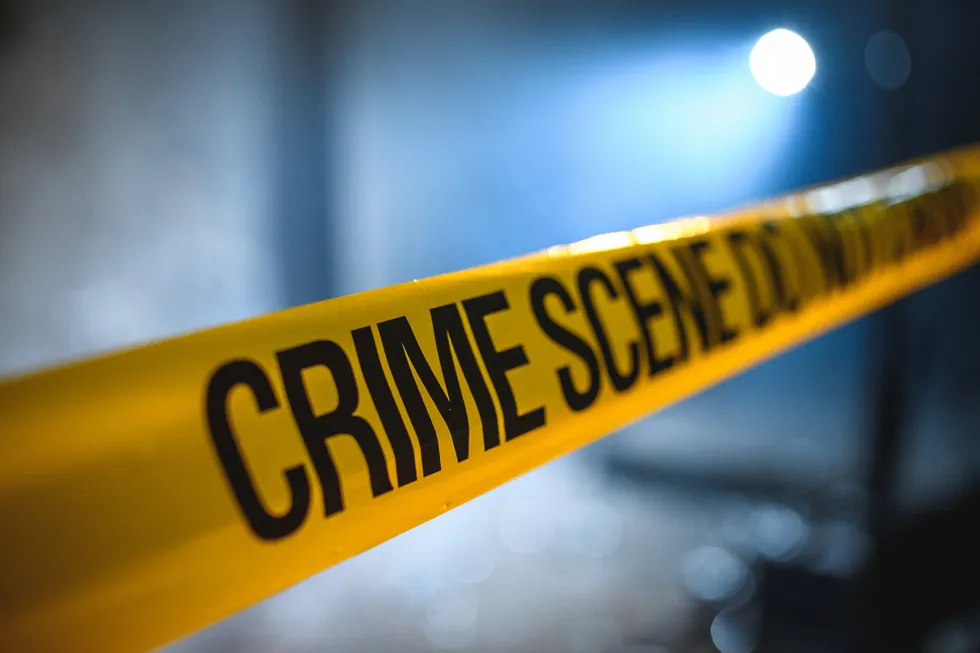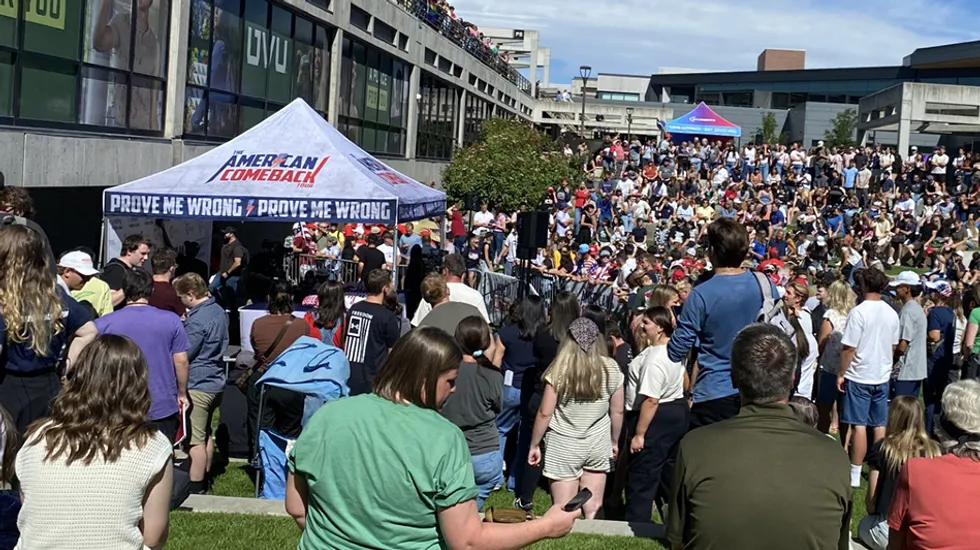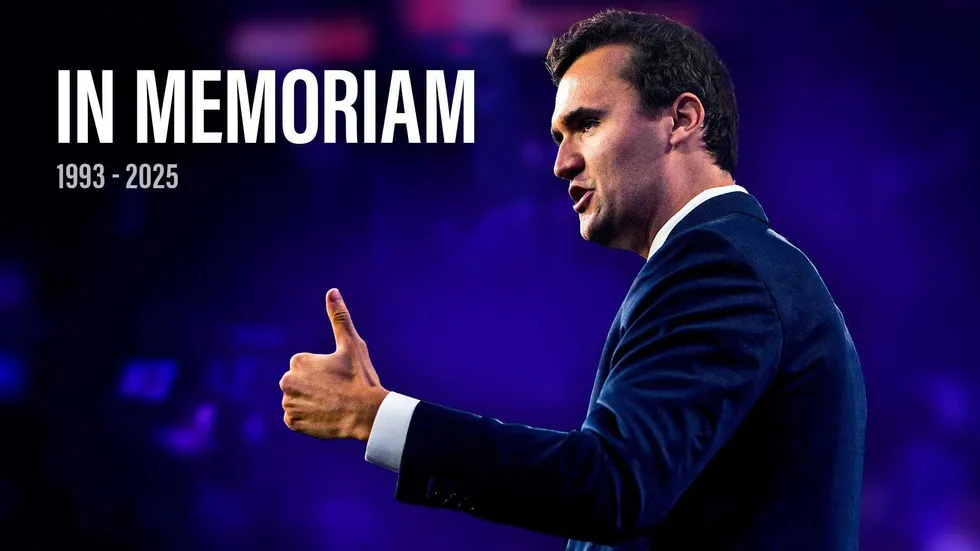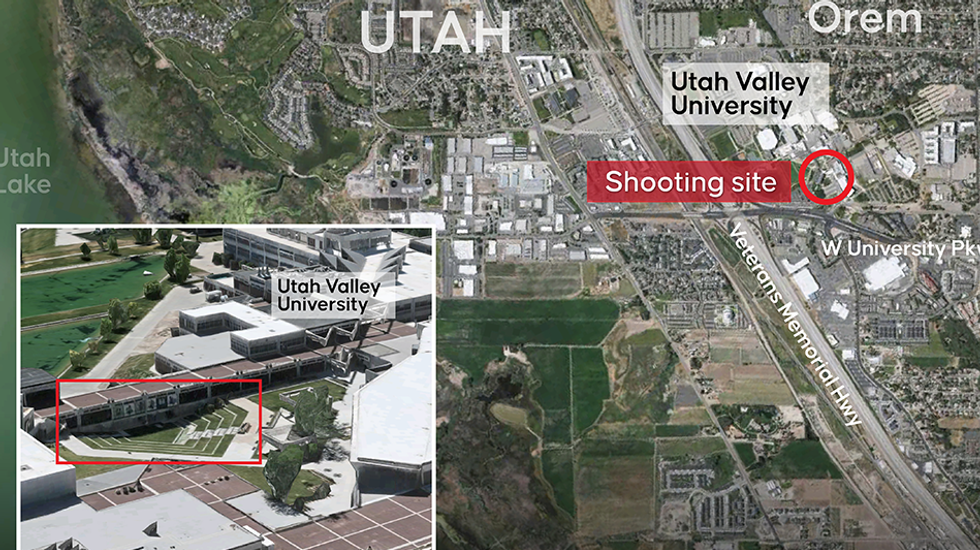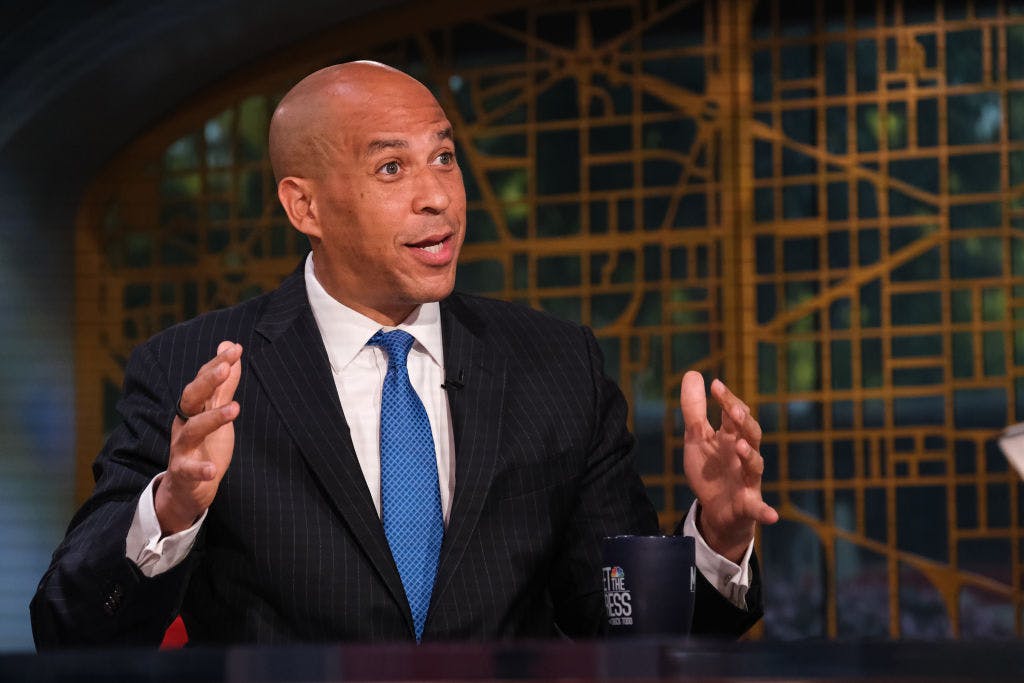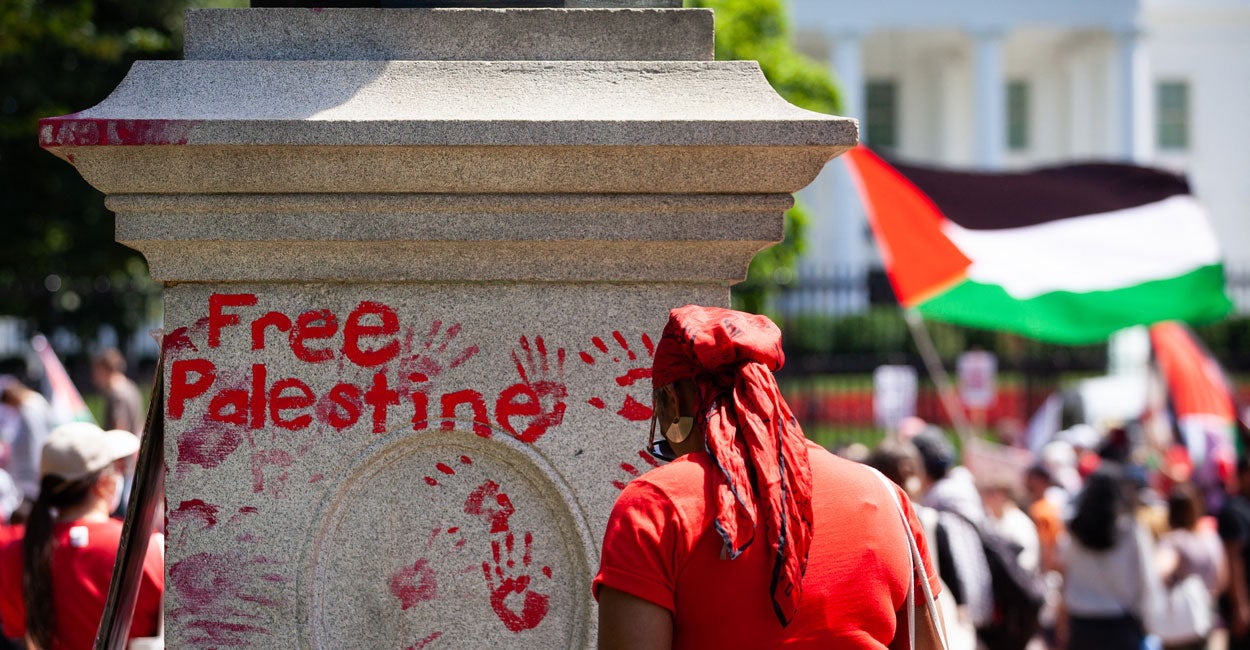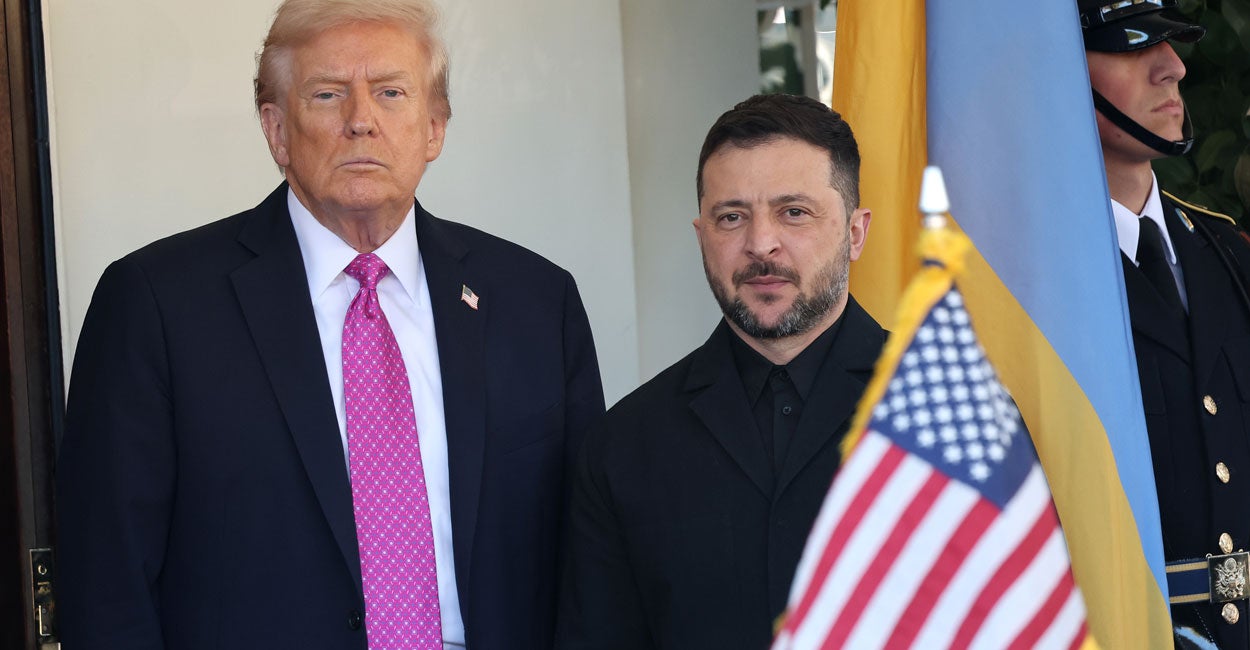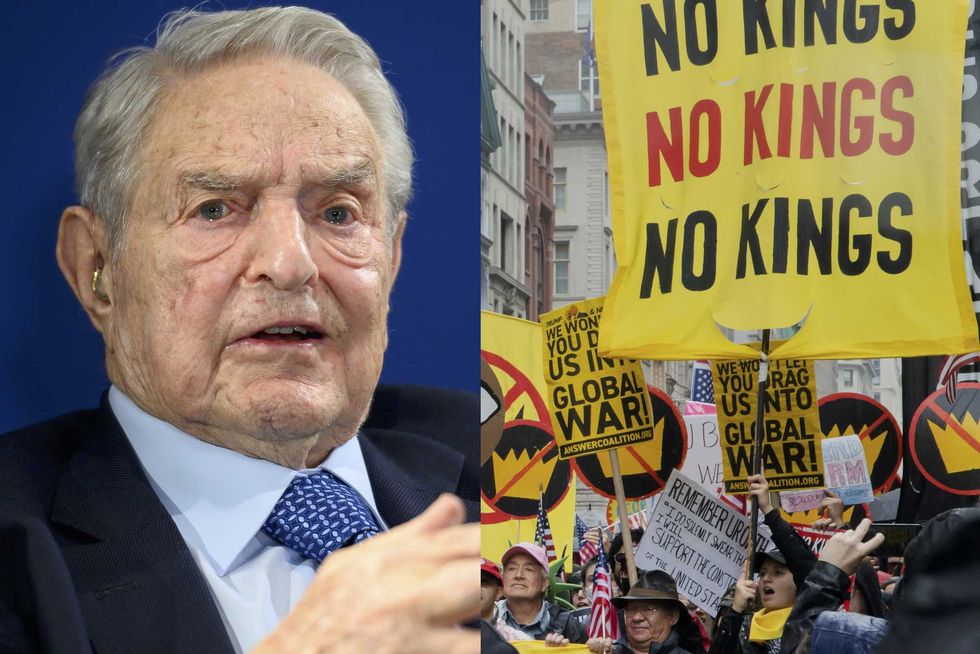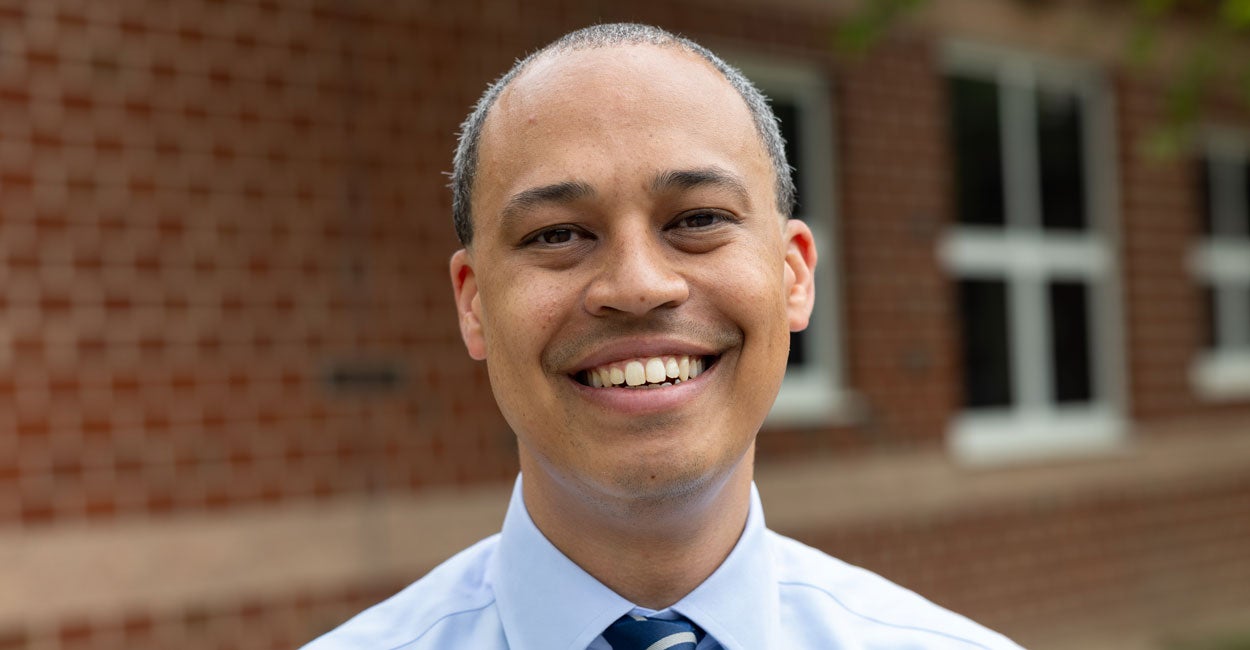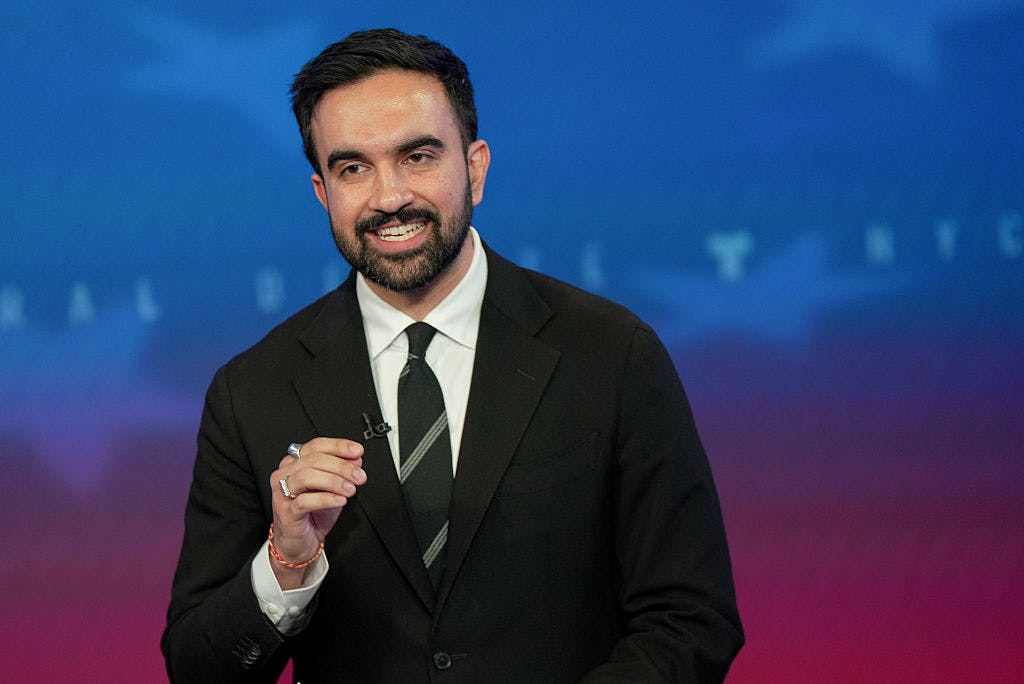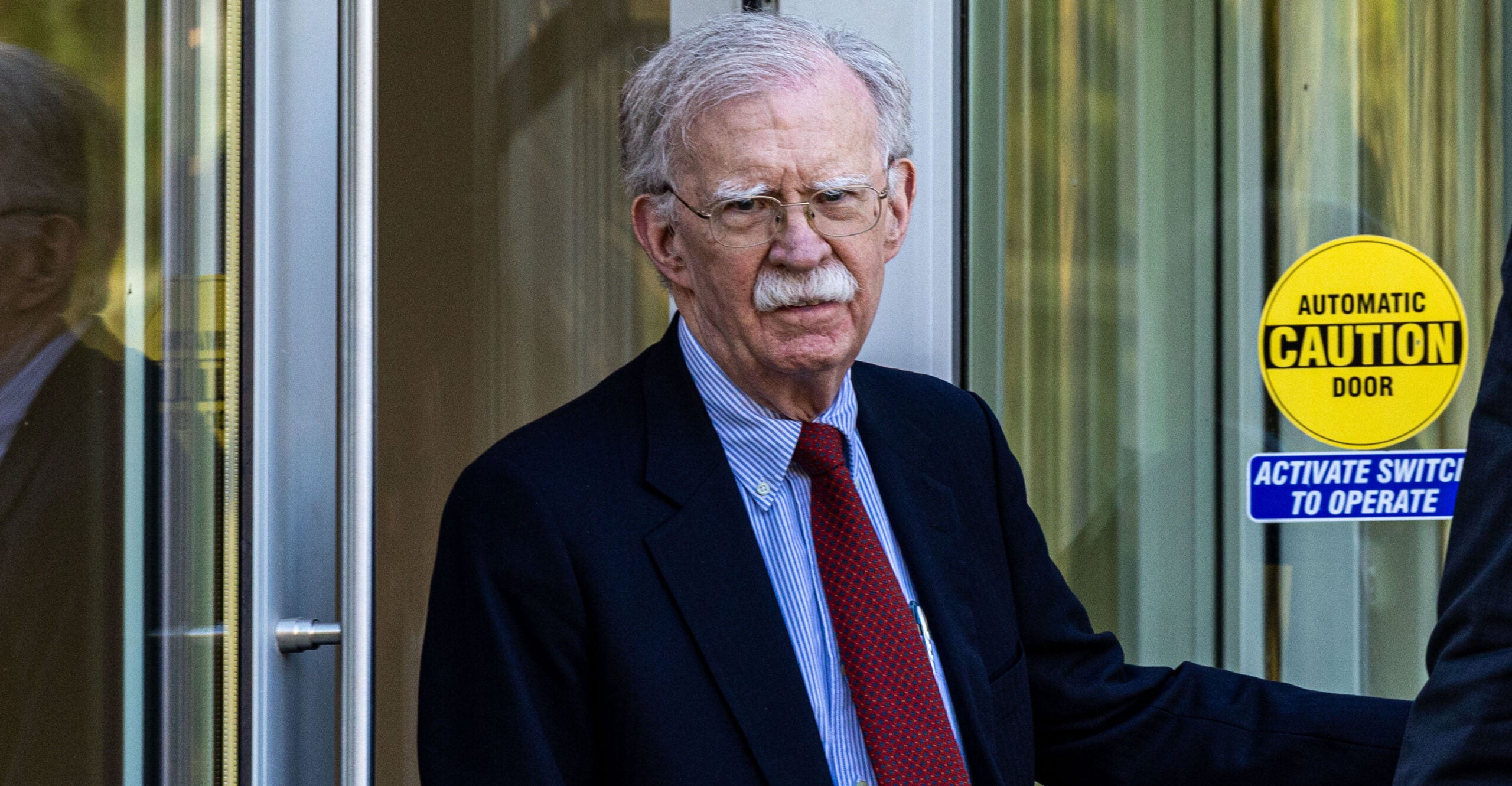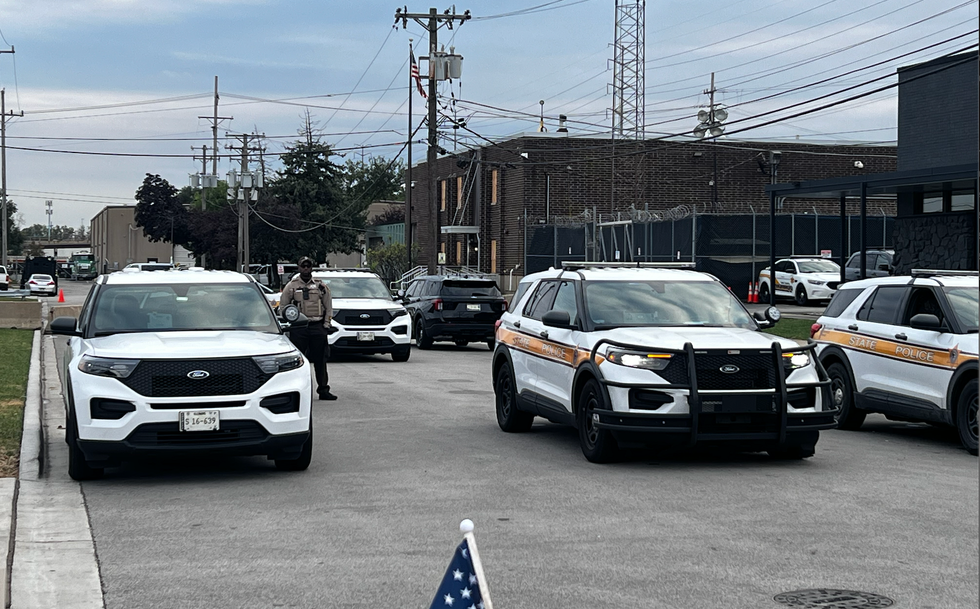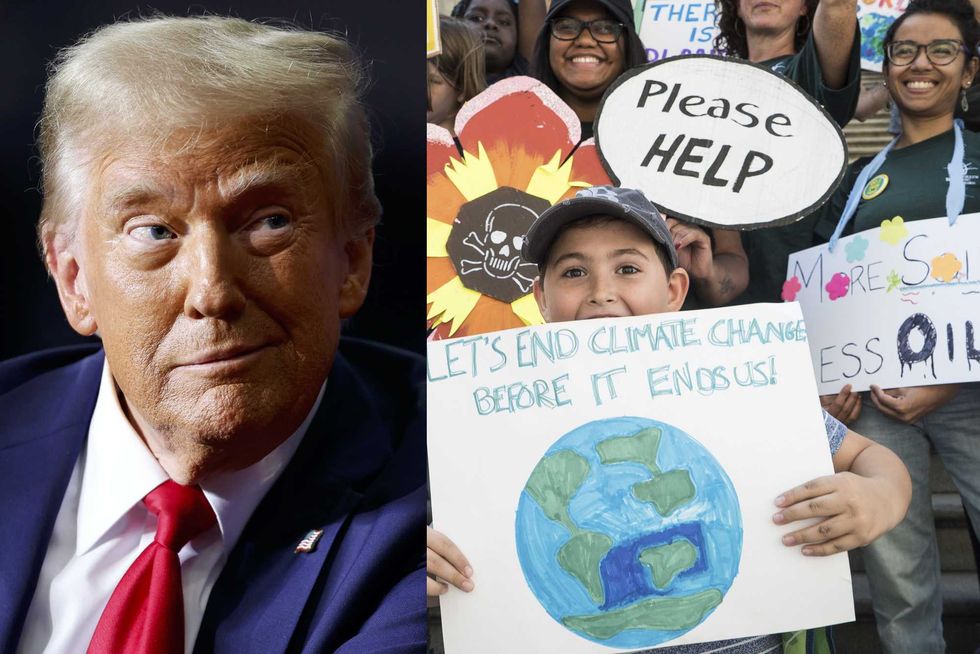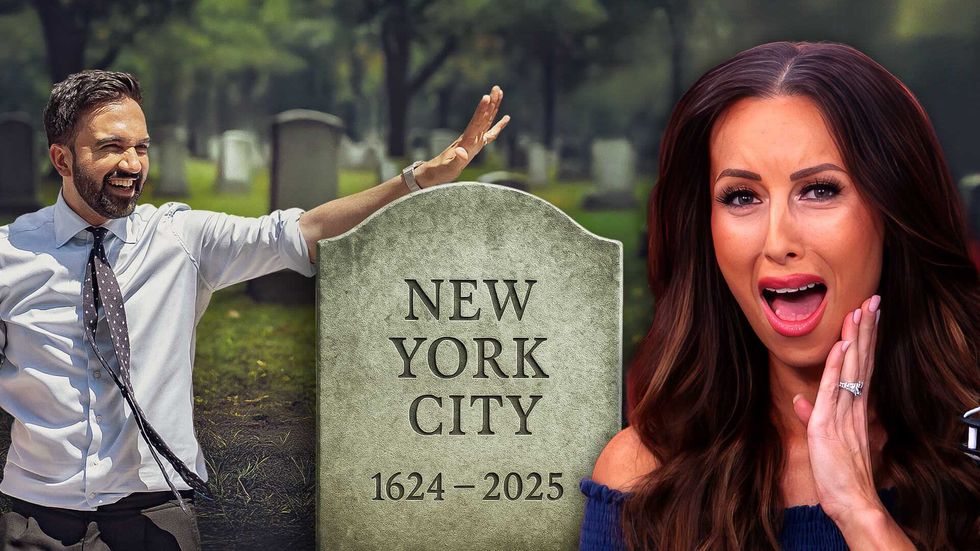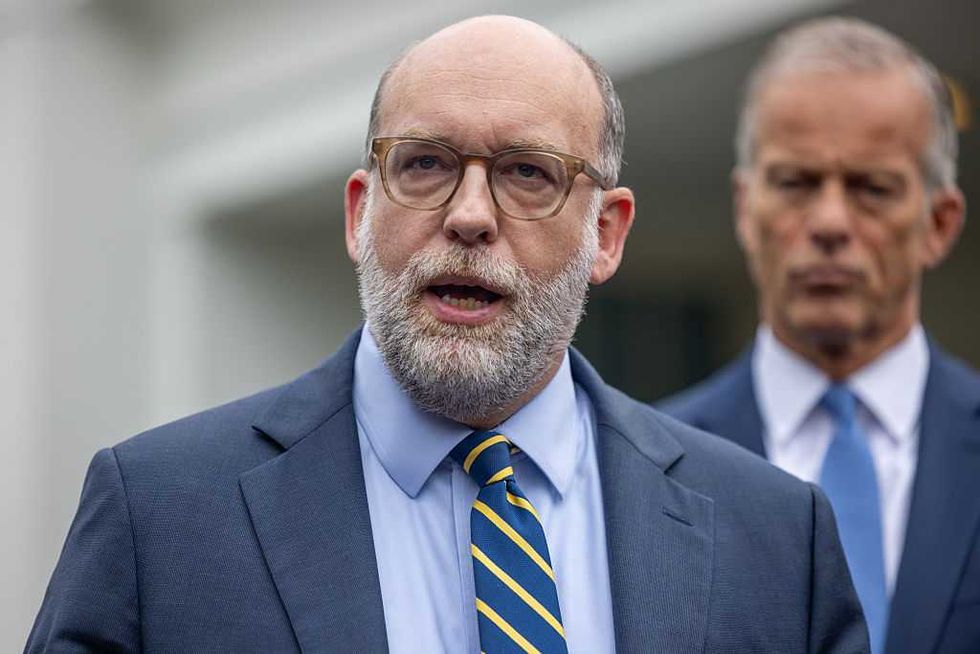Pope Francis Is Dead At 88
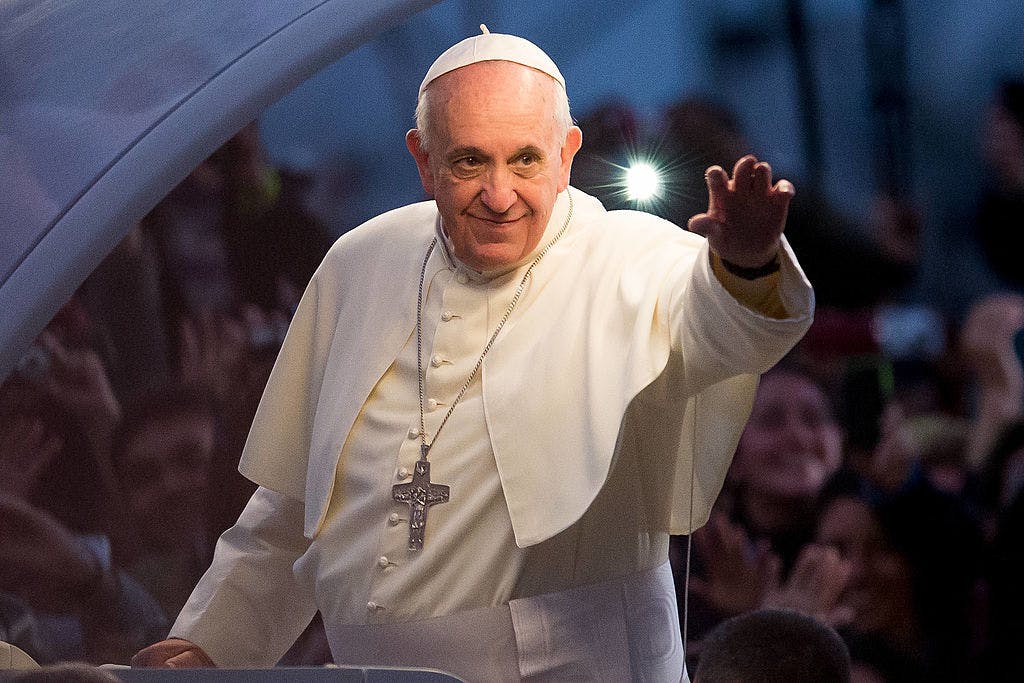
Pope Francis, a charismatic and controversial leader whose decade-long tenure marked a turning point for the Catholic Church, died Monday morning, the day after Easter. He was 88.
“Dearest brothers and sisters, with deep sorrow I must announce the death of our Holy Father Francis. At 7:35 this morning, the Bishop of Rome, Francis, returned to the house of the Father,” Cardinal Kevin Farrell, Camerlengo of the Apostolic Chamber announced Monday. “His entire life was dedicated to the service of the Lord and of His Church. He taught us to live the values of the Gospel with fidelity, courage, and universal love, especially in favor of the poorest and most marginalized.”
Born Jorge Mario Bergoglio, Francis was elected in March 2013, after Pope Benedict XVI resigned, the first pontiff to step down since Gregory XII in 1415. The first Latin American pope, Francis’ papacy often adopted a progressive tone, with the pope recently making headlines for criticizing Vice President JD Vance, a Catholic, and the Trump administration’s “program of mass deportations.”
Pope Francis died on Easter Monday, April 21, 2025, at the age of 88 at his residence in the Vatican's Casa Santa Marta. pic.twitter.com/jUIkbplVi2
— Vatican News (@VaticanNews) April 21, 2025
Francis made many significant changes during his papacy, naming women to traditionally male positions and appointing cardinals from countries that had not previously had cardinals. He was criticized by some for not excommunicating clerics who had committed sexual abuse.
In 2013, six months after his election as pope, he said that the church had grown “obsessed” with abortion, gay marriage and contraception, stating, “It is not necessary to talk about these issues all the time. The dogmatic and moral teachings of the church are not all equivalent. The church’s pastoral ministry cannot be obsessed with the transmission of a disjointed multitude of doctrines to be imposed insistently.”
In 2017, Francis amended the Code of Canon Law, giving bishops more authority to translate the Latin liturgical language.
As pope, Francis championed immigrants. In 2016 he criticized Donald Trump, saying he was “not Christian” because he wanted to build walls instead of bridges. “For a religious leader to question a person’s faith is disgraceful. I am proud to be a Christian,” Trump replied.
In February 2025, just weeks after President Trump was inaugurated, Francis sent a letter to American bishops, writing: “the act of deporting people who in many cases have left their own land for reasons of extreme poverty, insecurity, exploitation, persecution or serious deterioration of the environment, damages the dignity of many men and women, and of entire families, and places them in a state of particular vulnerability and defenselessness.”
WATCH: MICHAEL KNOWLES EXPLAINS HOW THE NEXT POPE WILL BE CHOSEN
Francis was born on December 17, 1936, in Buenos Aires to Mario Bergoglio and Regina (Sivori) Bergoglio, Italian immigrants. His grandmother, a member of Catholic Action, a movement that defended the church against Italian dictator Benito Mussolini, was a primary influence.
Although his mother wanted him to become a doctor, after high school he told his parents of wanting to become a priest. His sister, Maria Elena, recalled him telling his mother, “I didn’t lie to you, Mom. I’m going to study the medicine of the soul.”
Ordained a Jesuit priest in 1969, Father Bergoglio “later faced accusations that as leader of the Argentine Jesuits he had done too little to protect two priests who were kidnapped and tortured by the junta, allegations later challenged by biographers and others. He eventually reconciled with one of the priests, but the other remained bitter,” The New York Times reported, adding, “His Jesuit leadership ended in controversy.”
In 1992, he was chosen as auxiliary bishop of the Buenos Aires Diocese, becoming archbishop six years later. Bergoglio “had chilly relations with the Vatican,” The Times reported. Yet by 2005, when Benedict was elected pope, Bergoglio finished second.
The mourning period for a pope typically lasts nine days as the College of Cardinals comes together to pray. After the funeral, the conclave of cardinals will elect a new pope.
Originally Published at Daily Wire, Daily Signal, or The Blaze
What's Your Reaction?
 Like
0
Like
0
 Dislike
0
Dislike
0
 Love
0
Love
0
 Funny
0
Funny
0
 Angry
0
Angry
0
 Sad
0
Sad
0
 Wow
0
Wow
0
